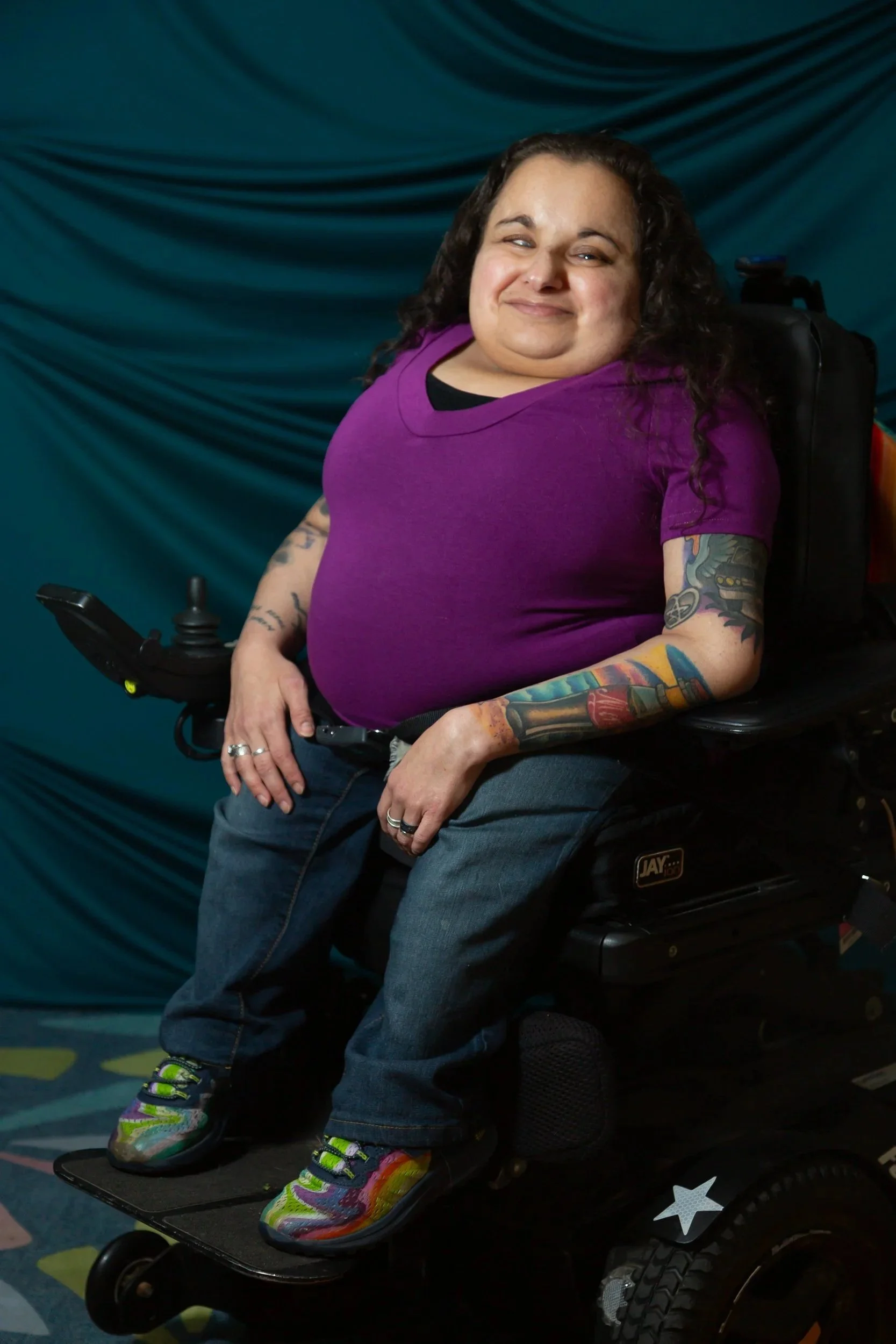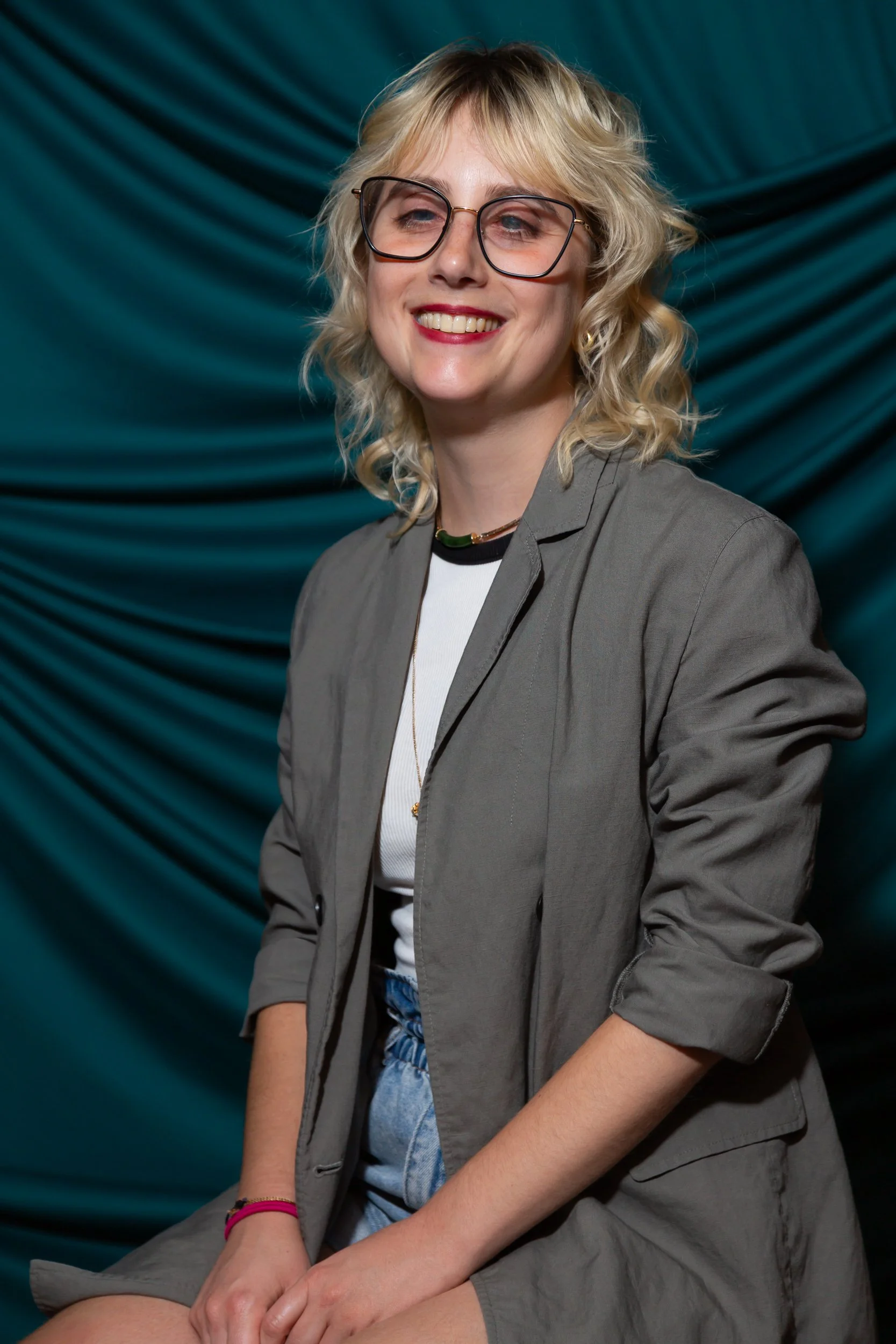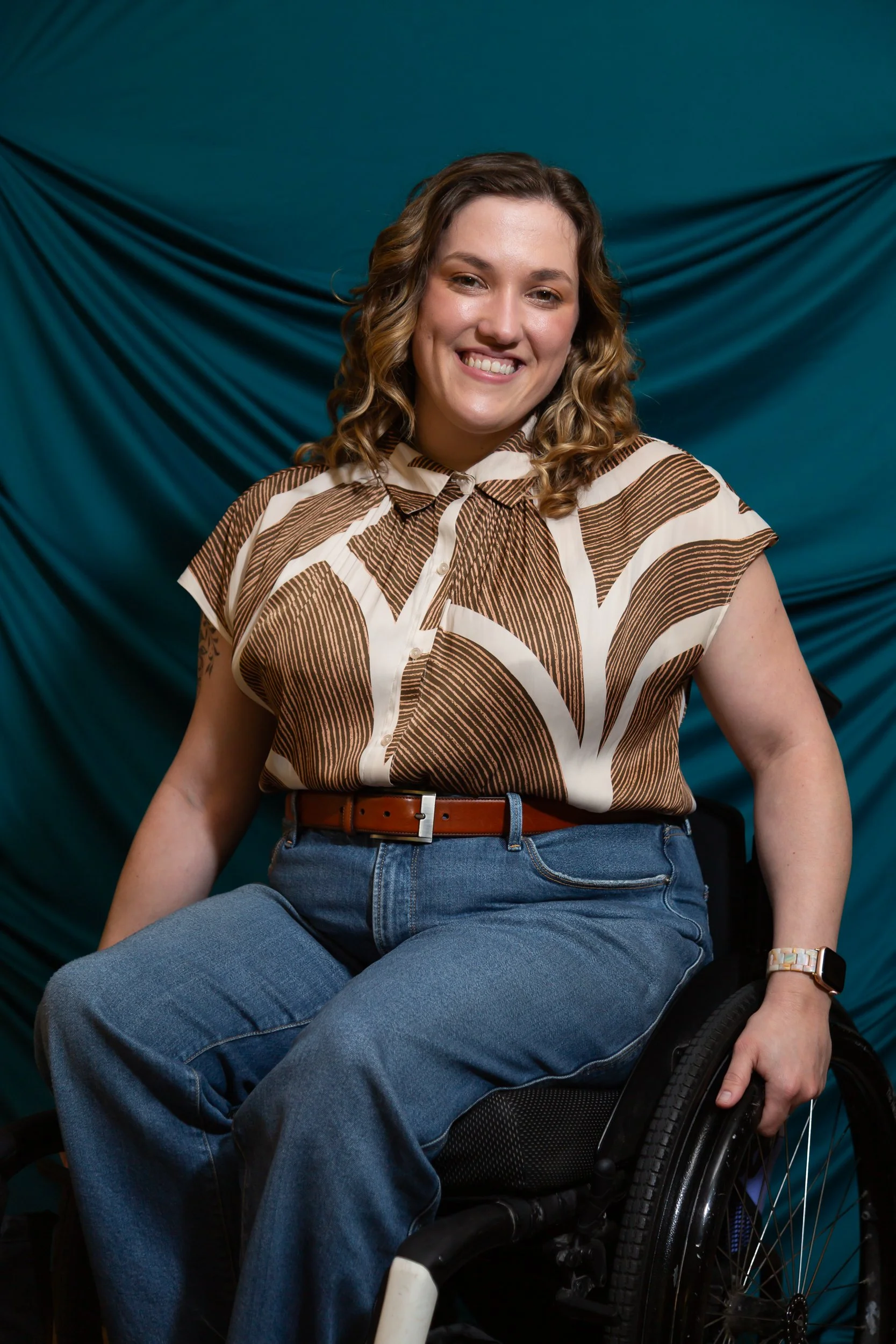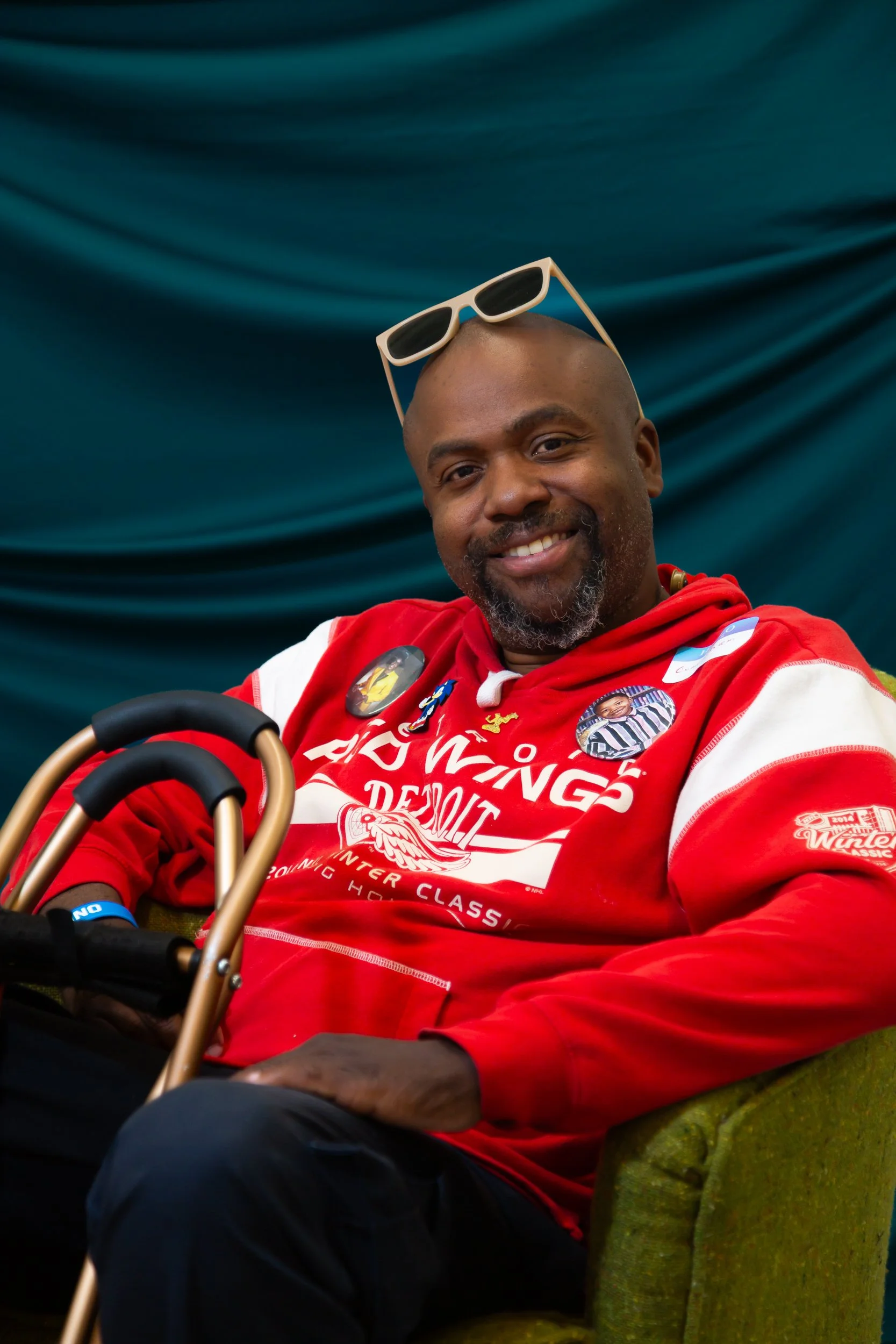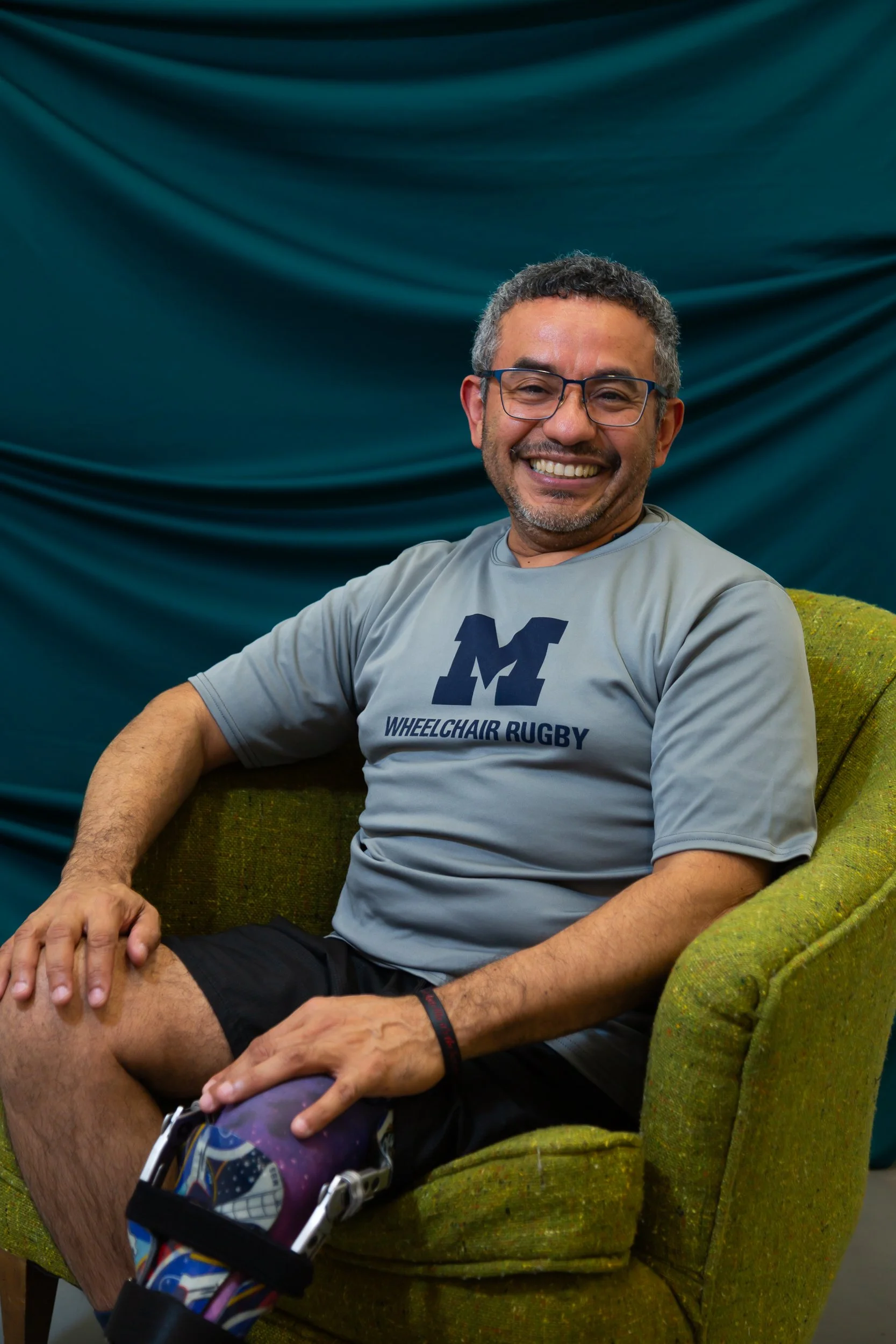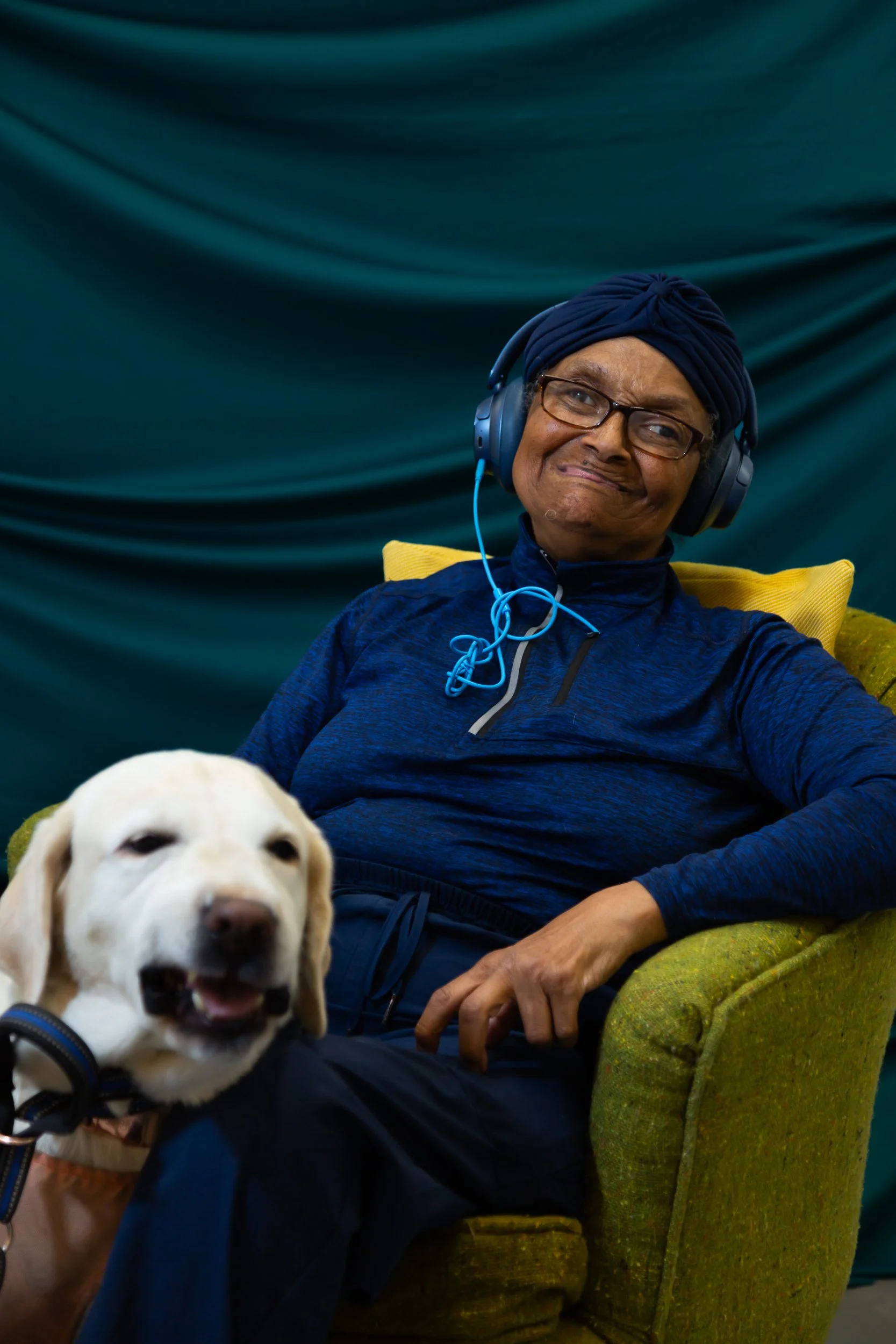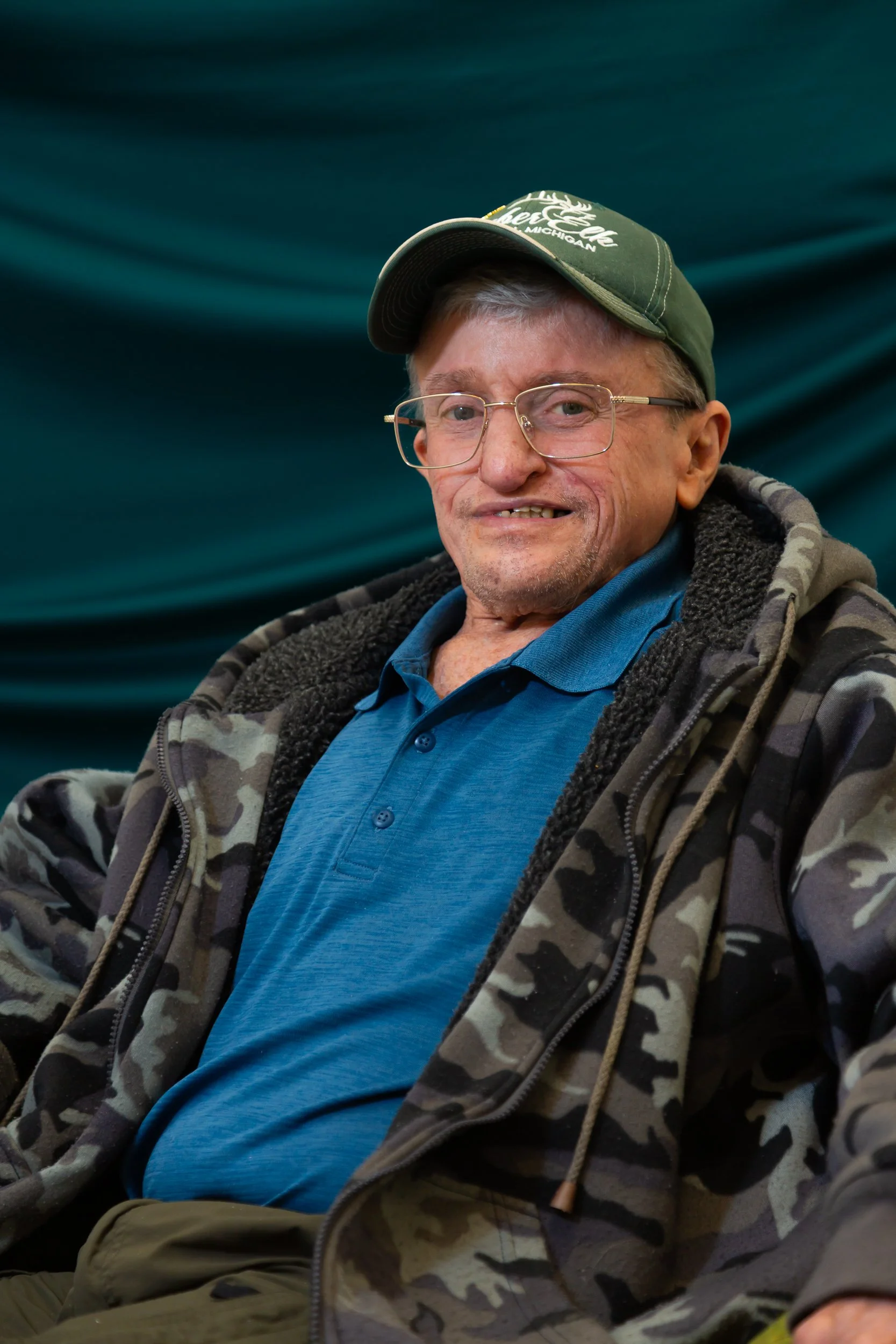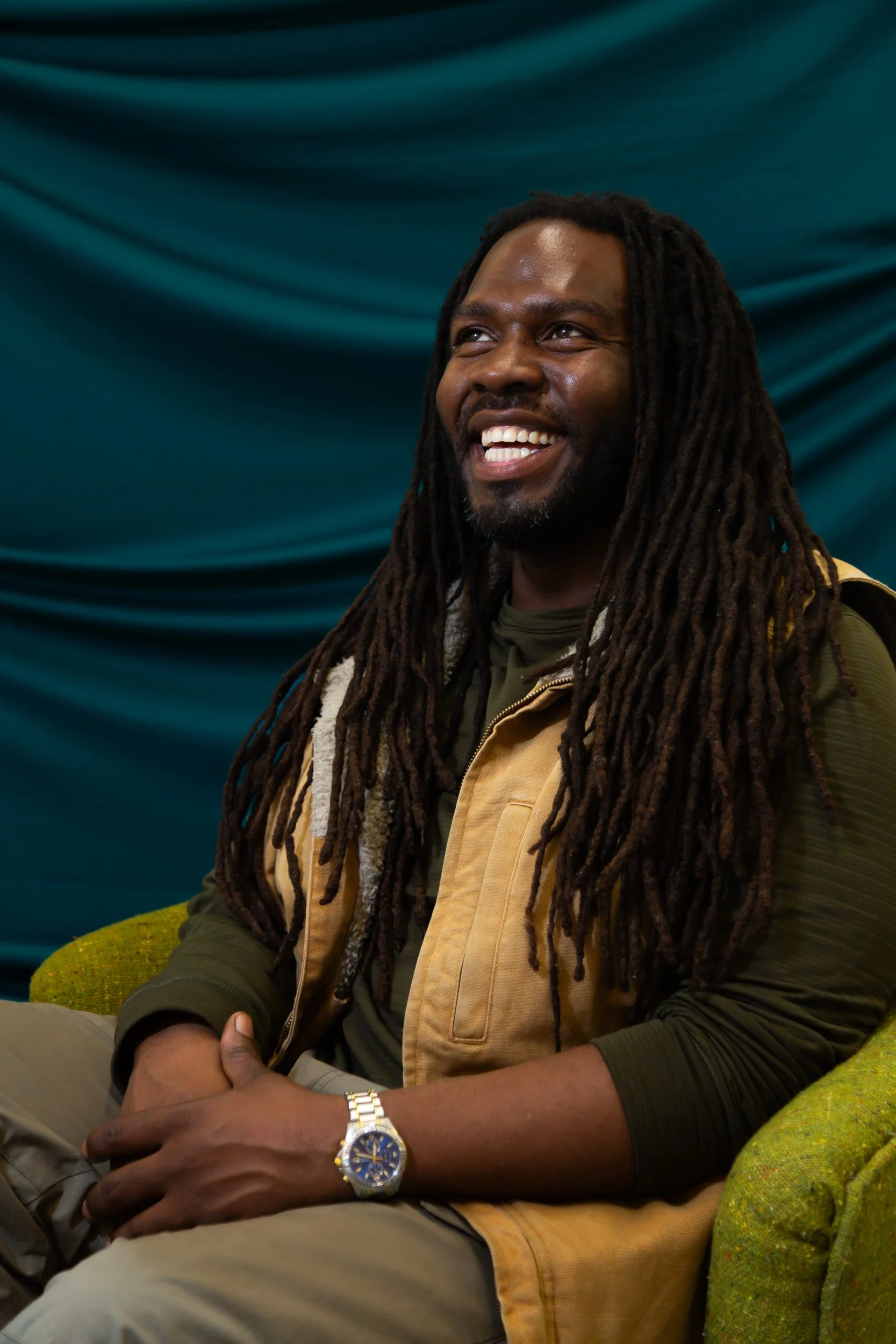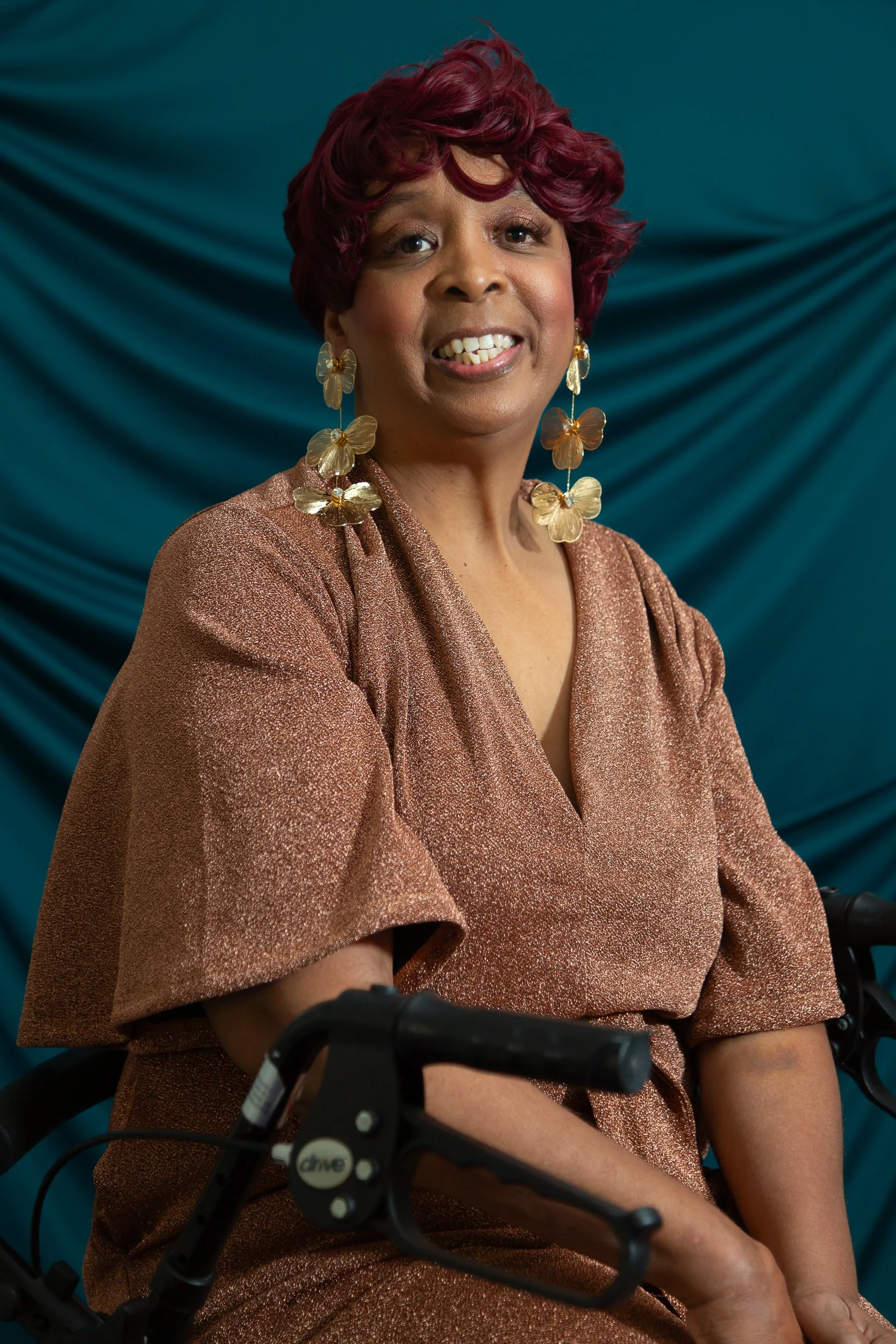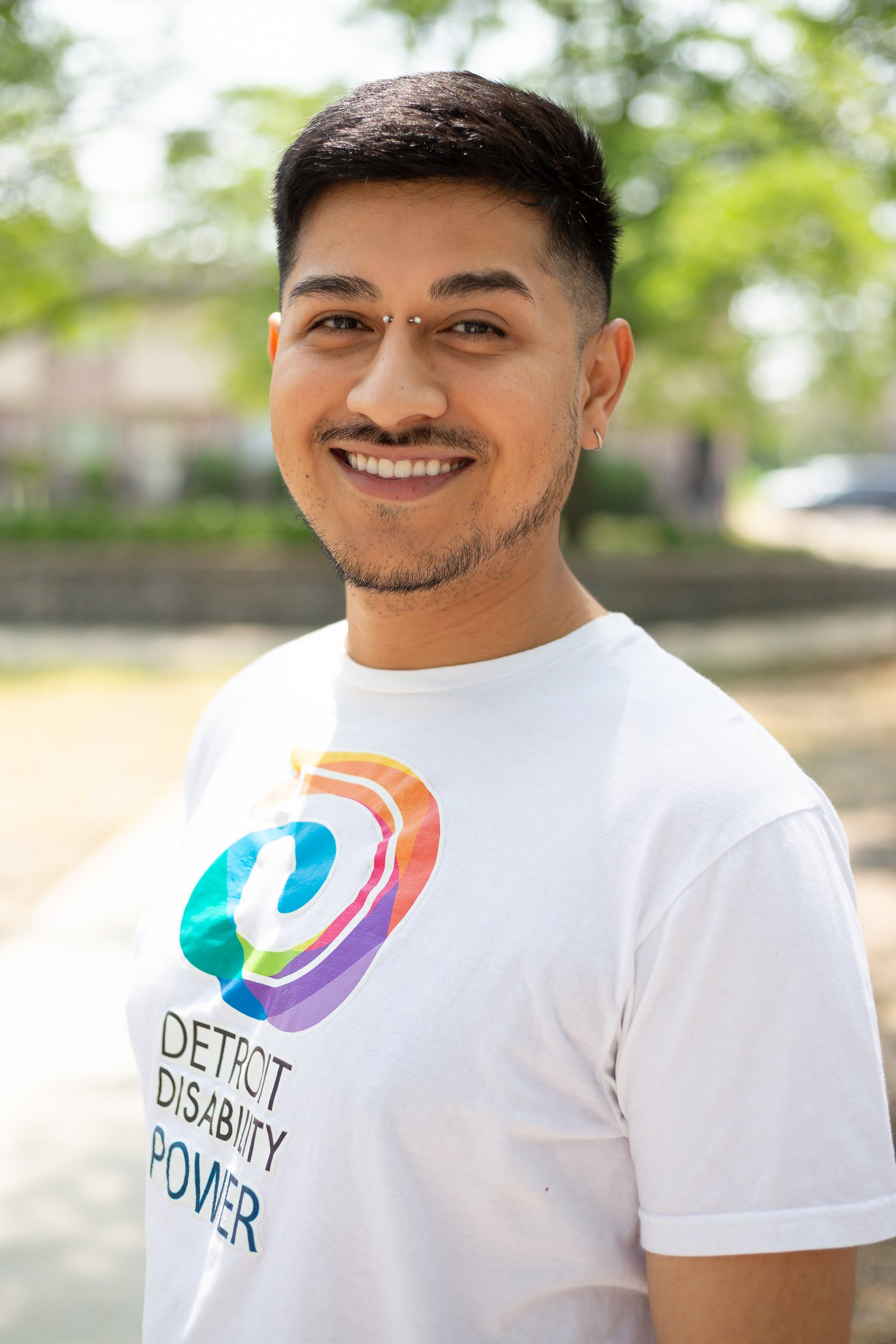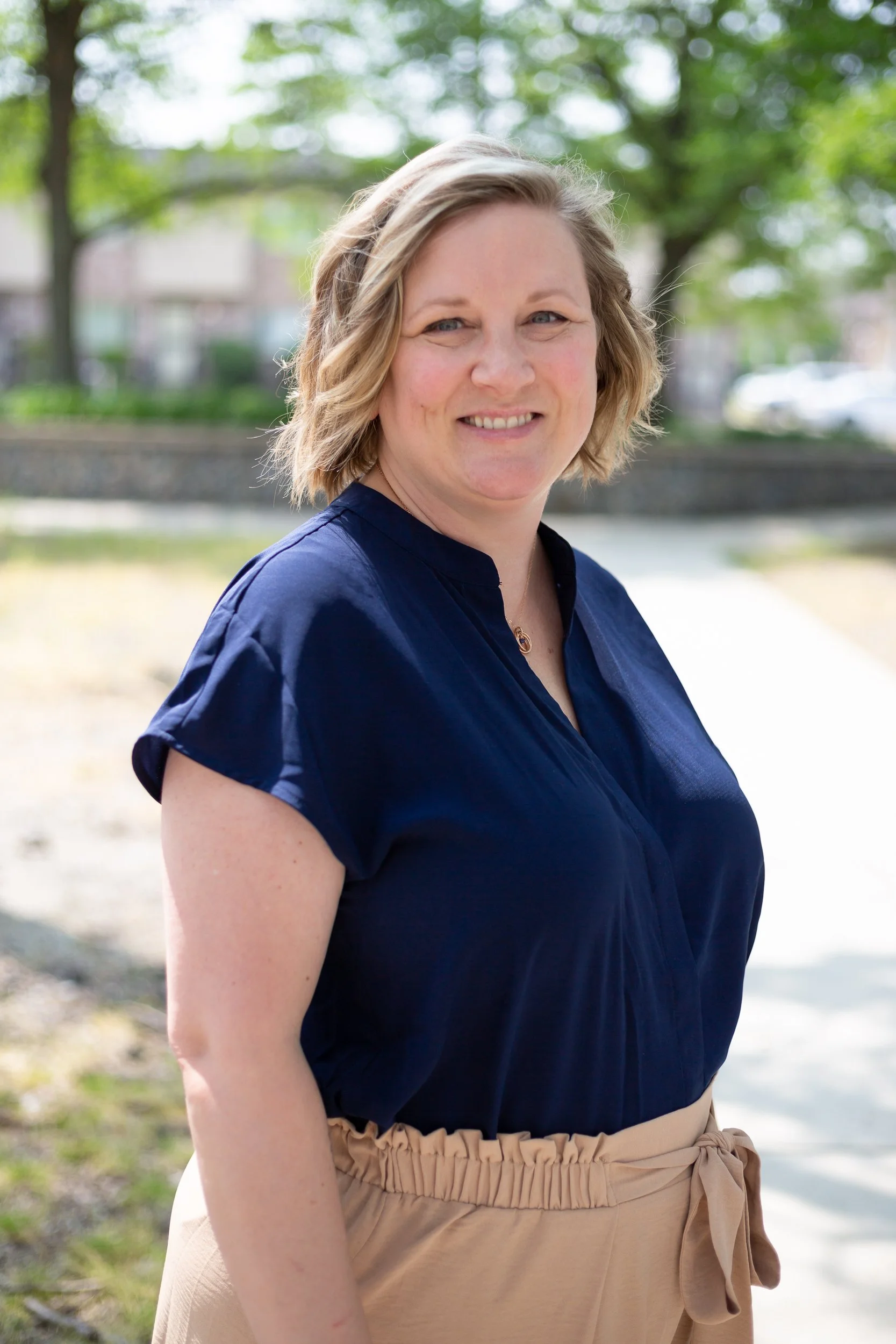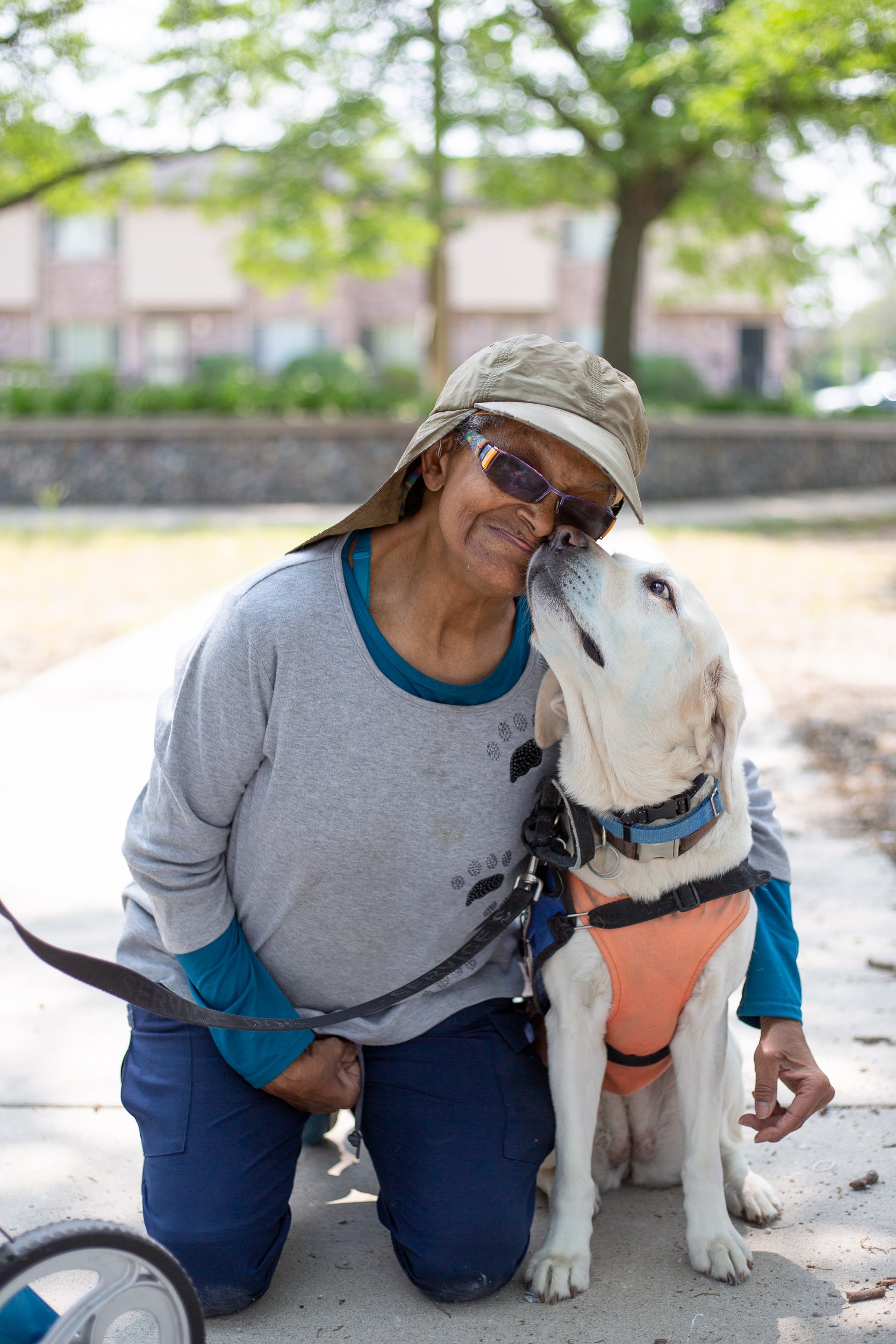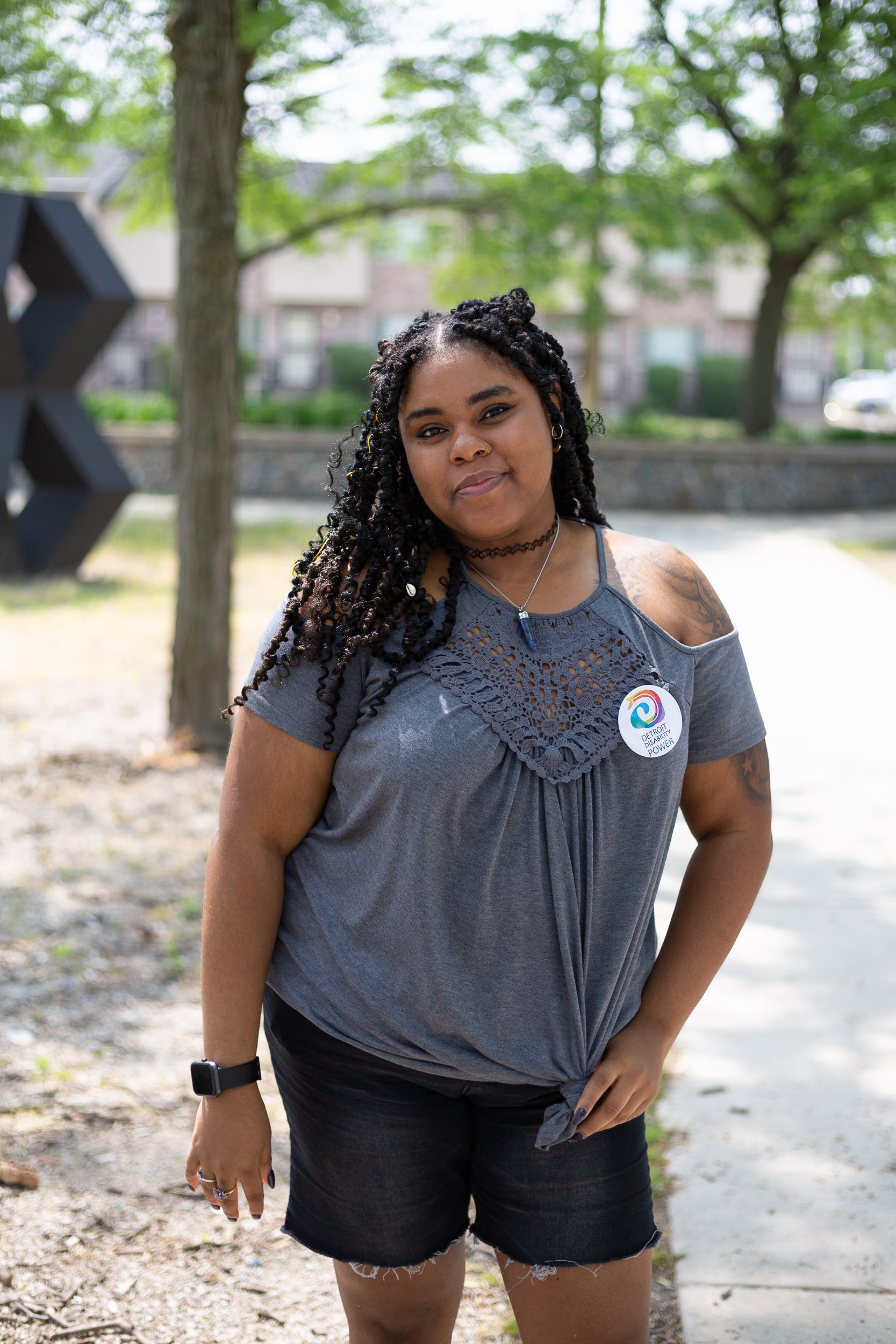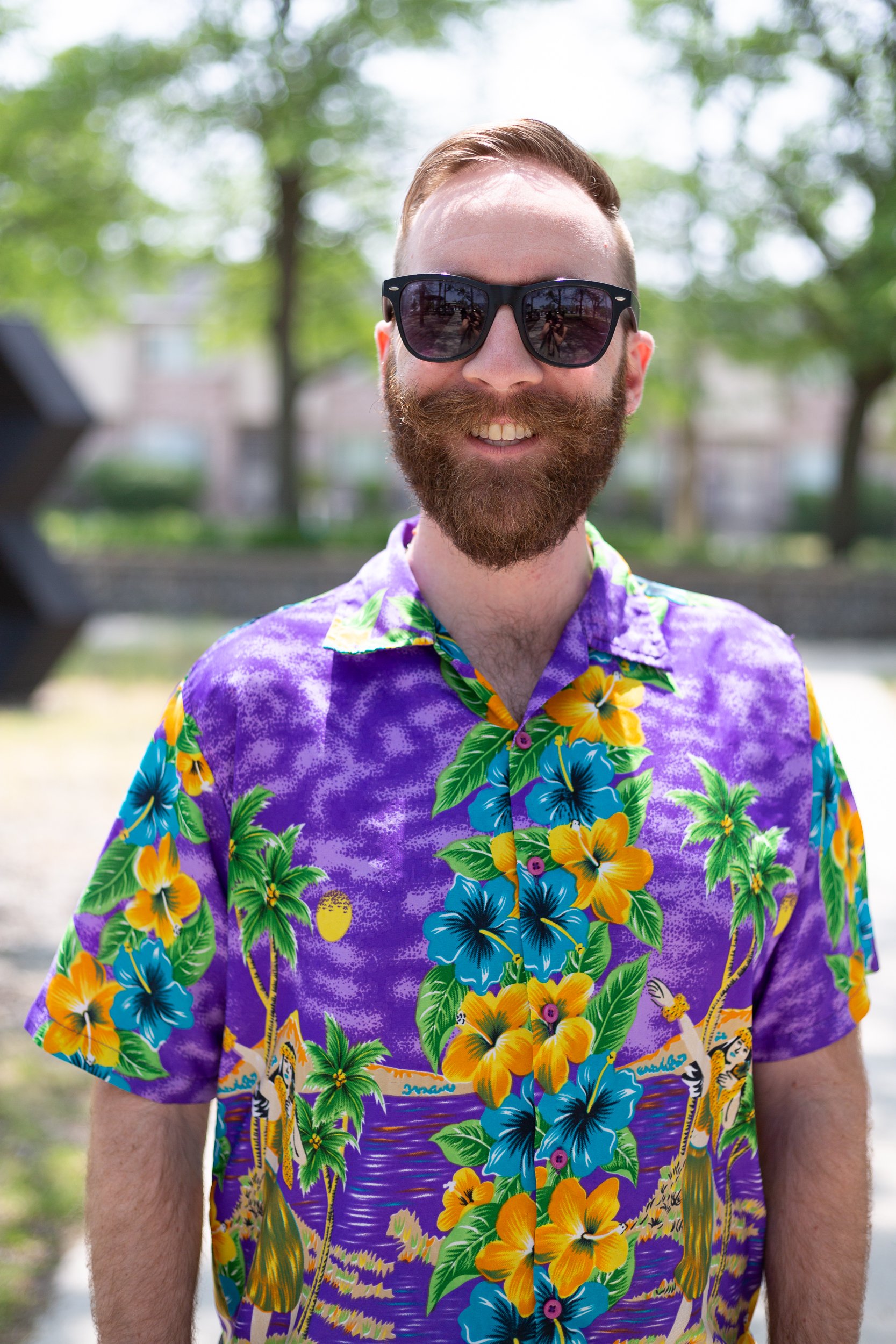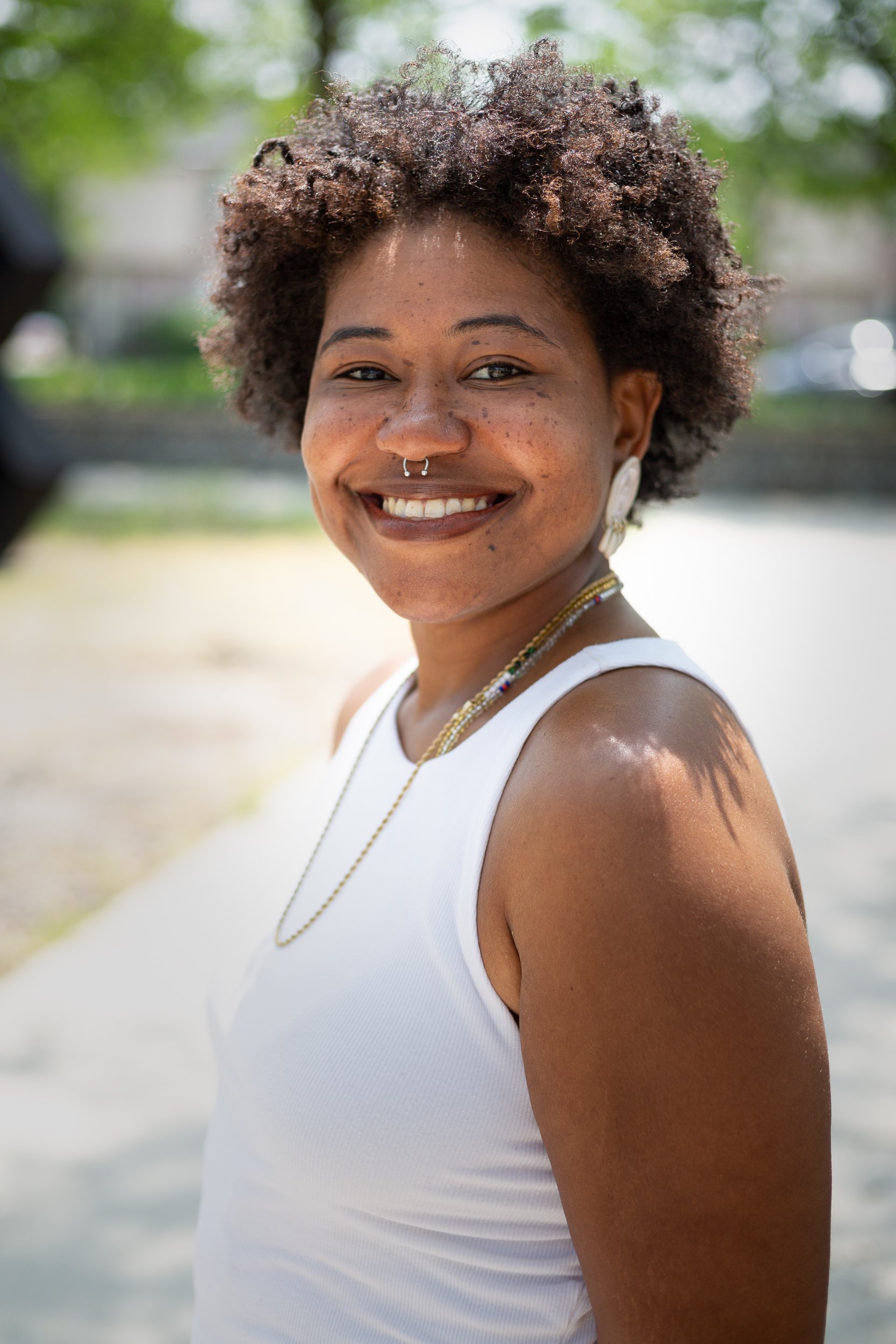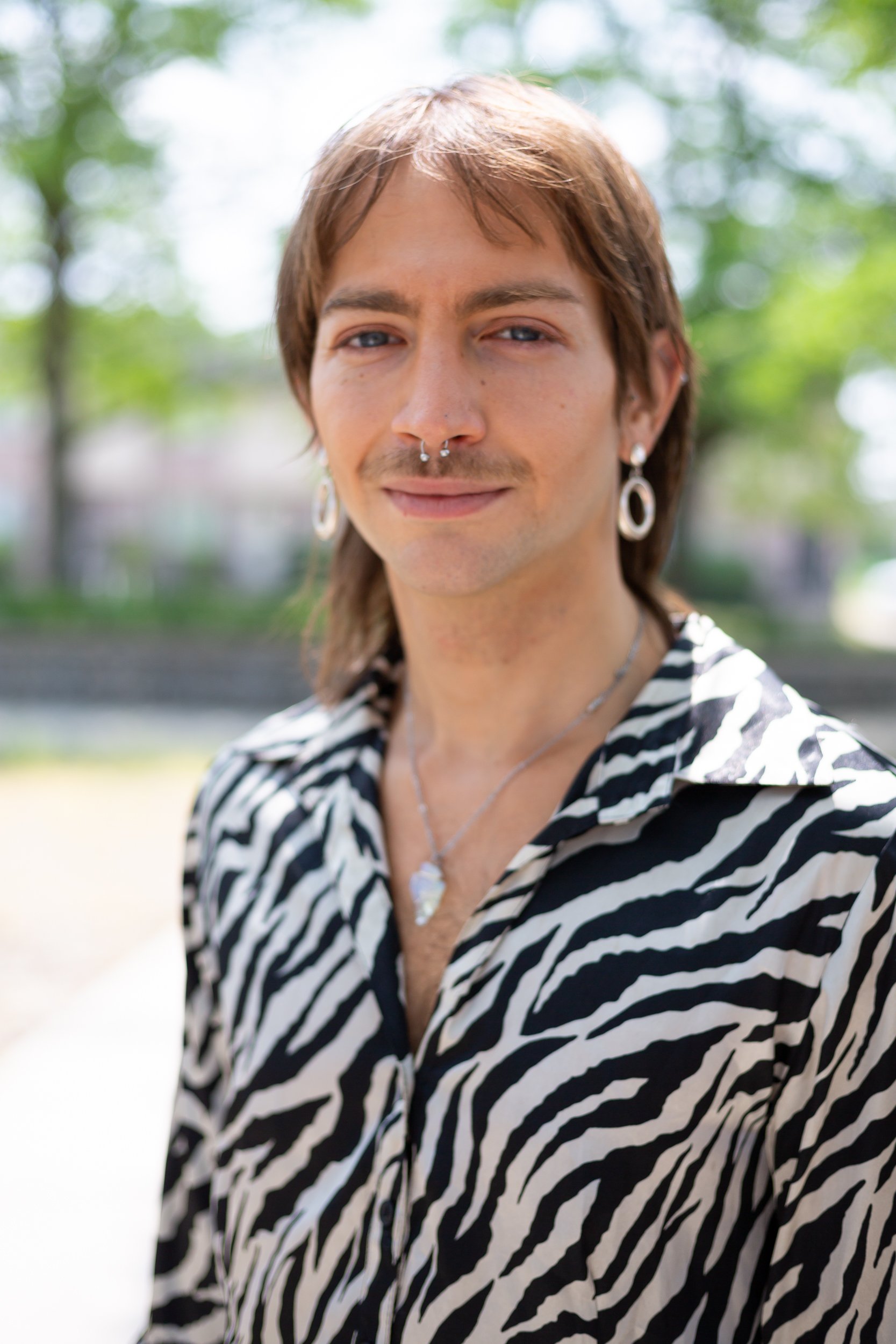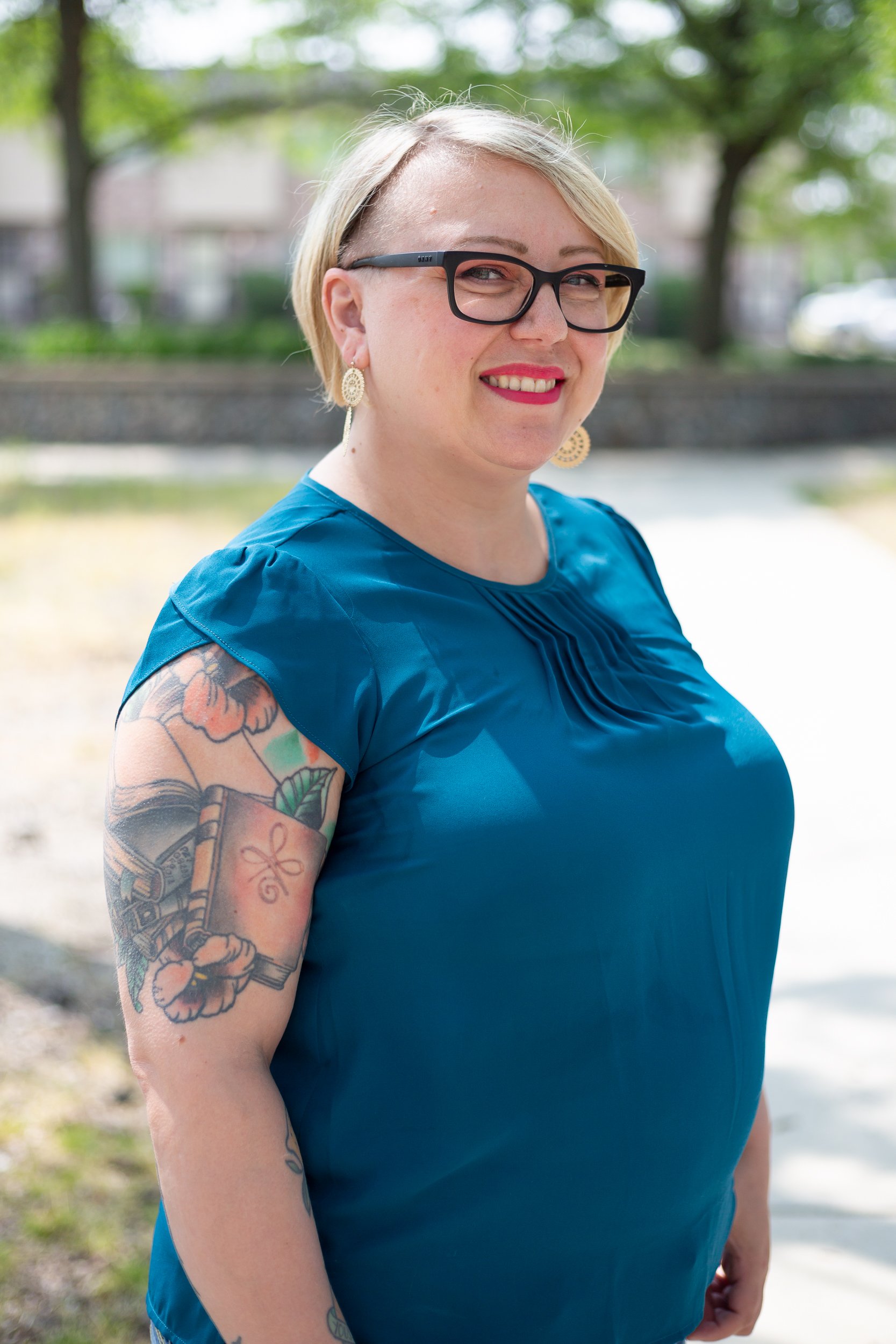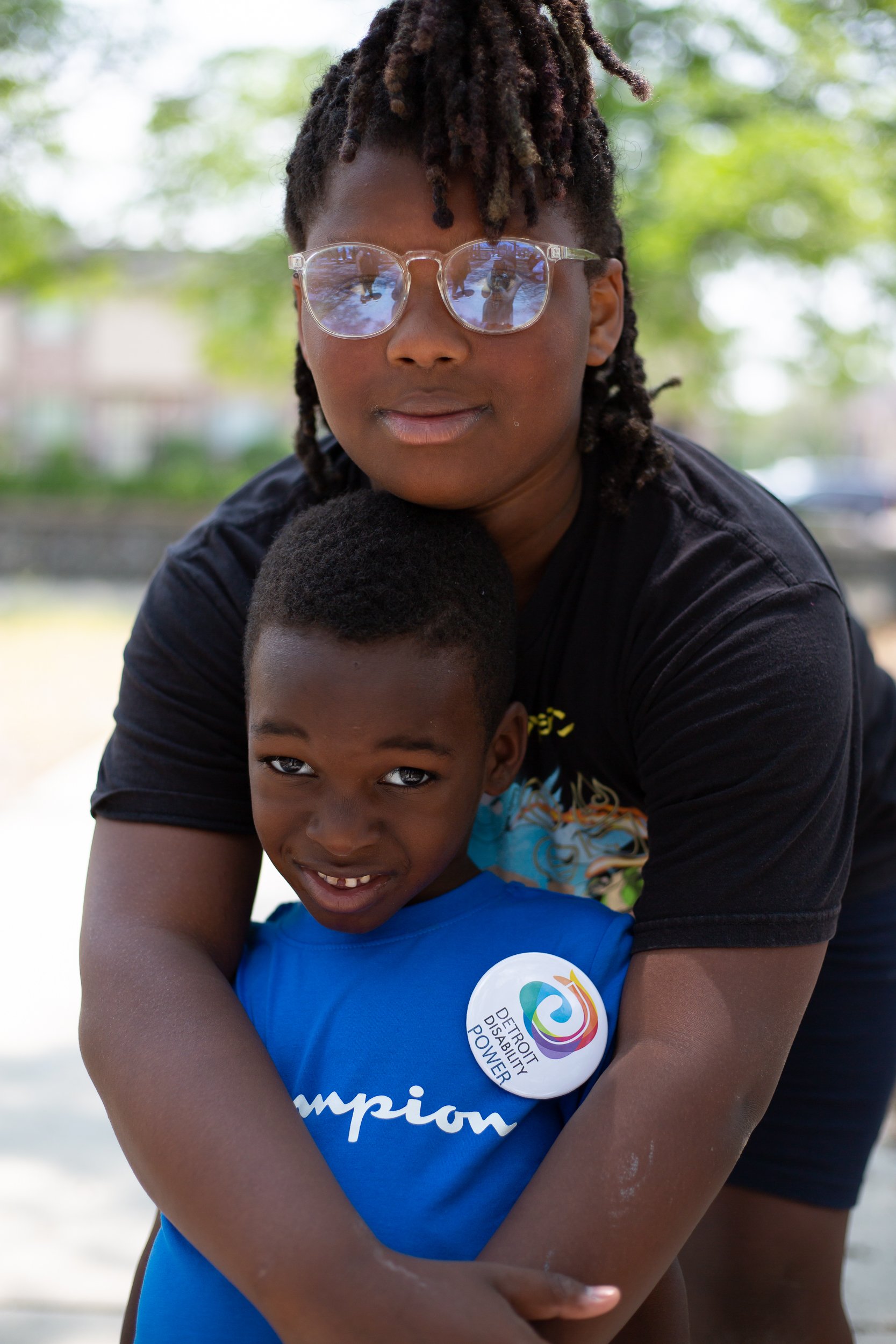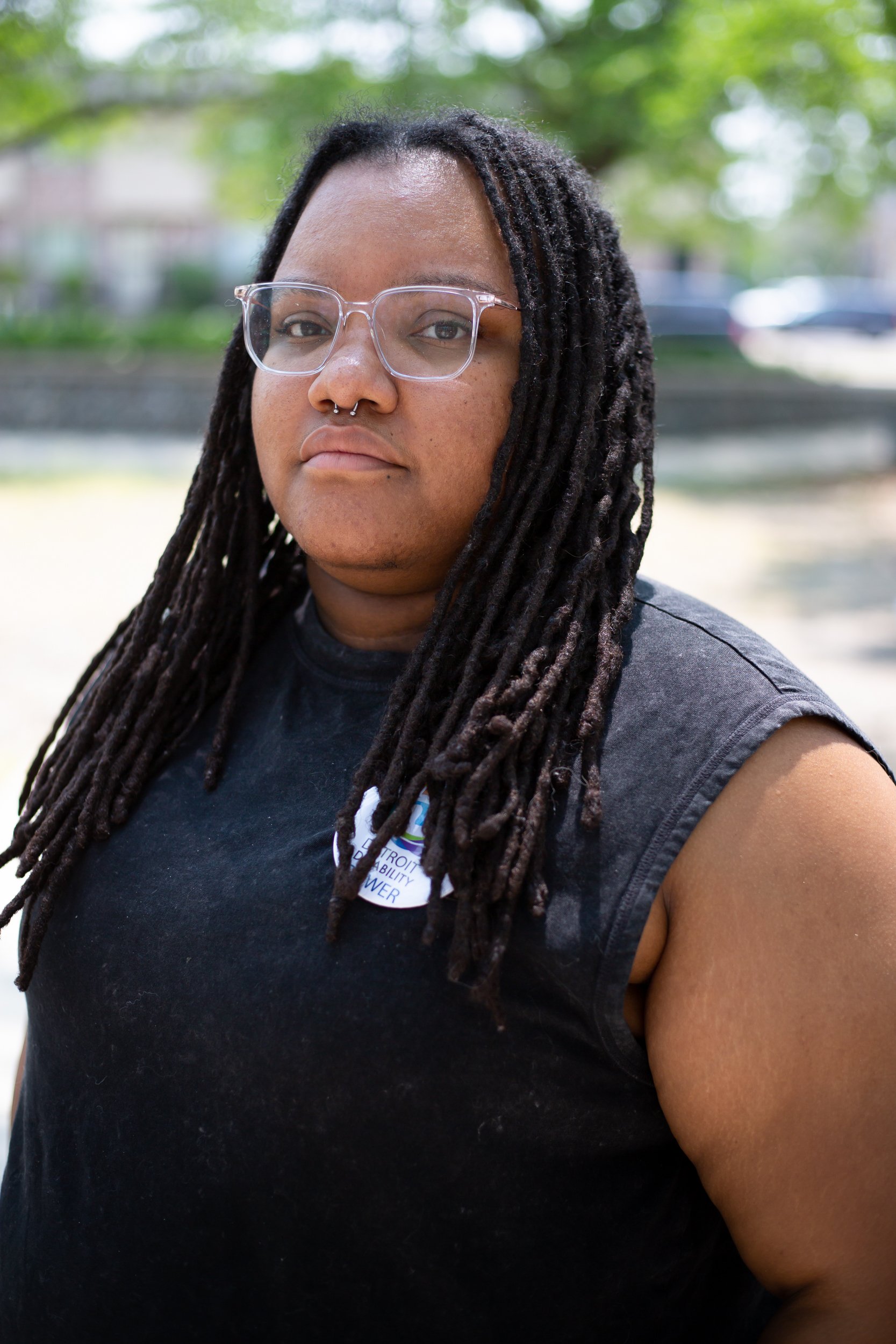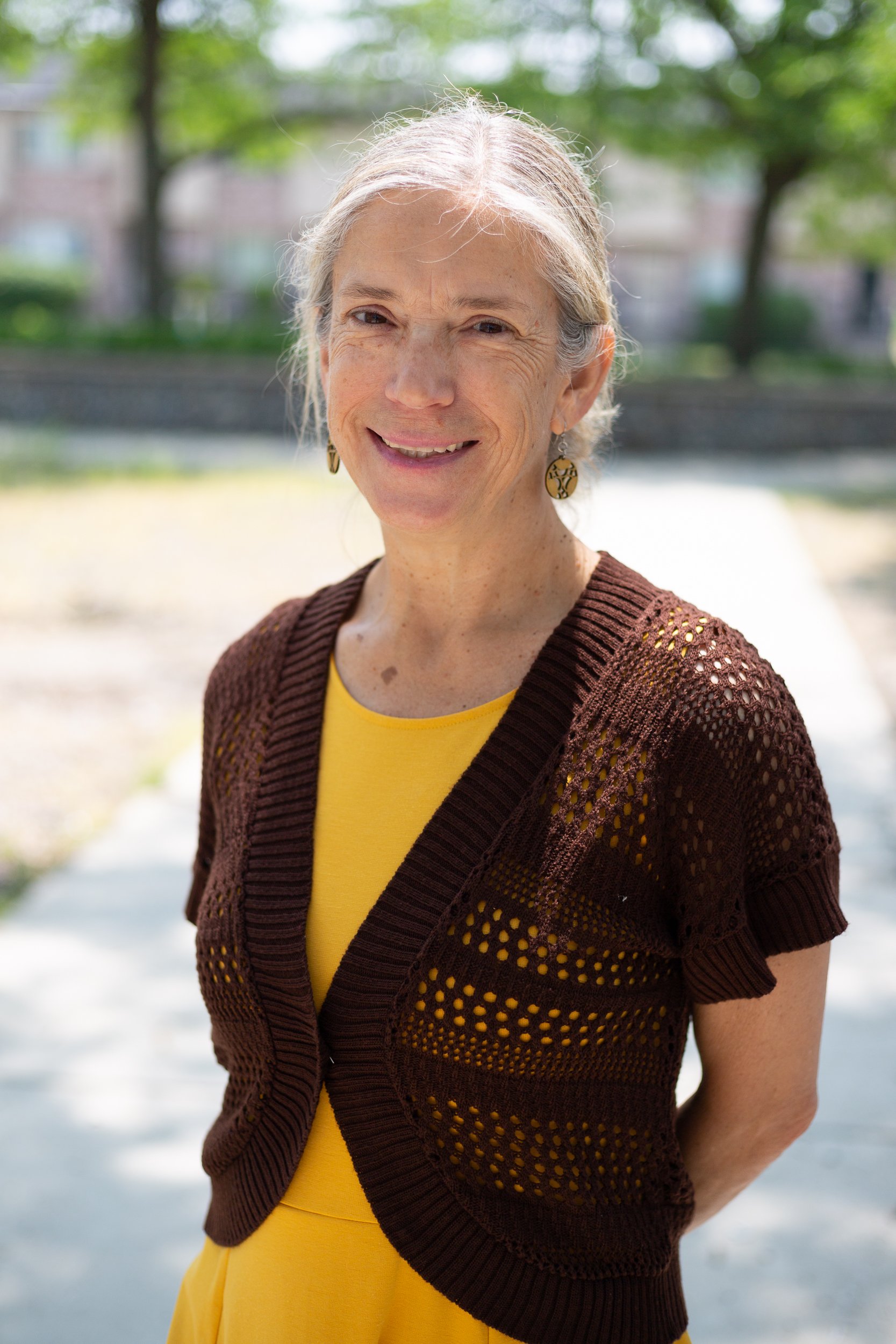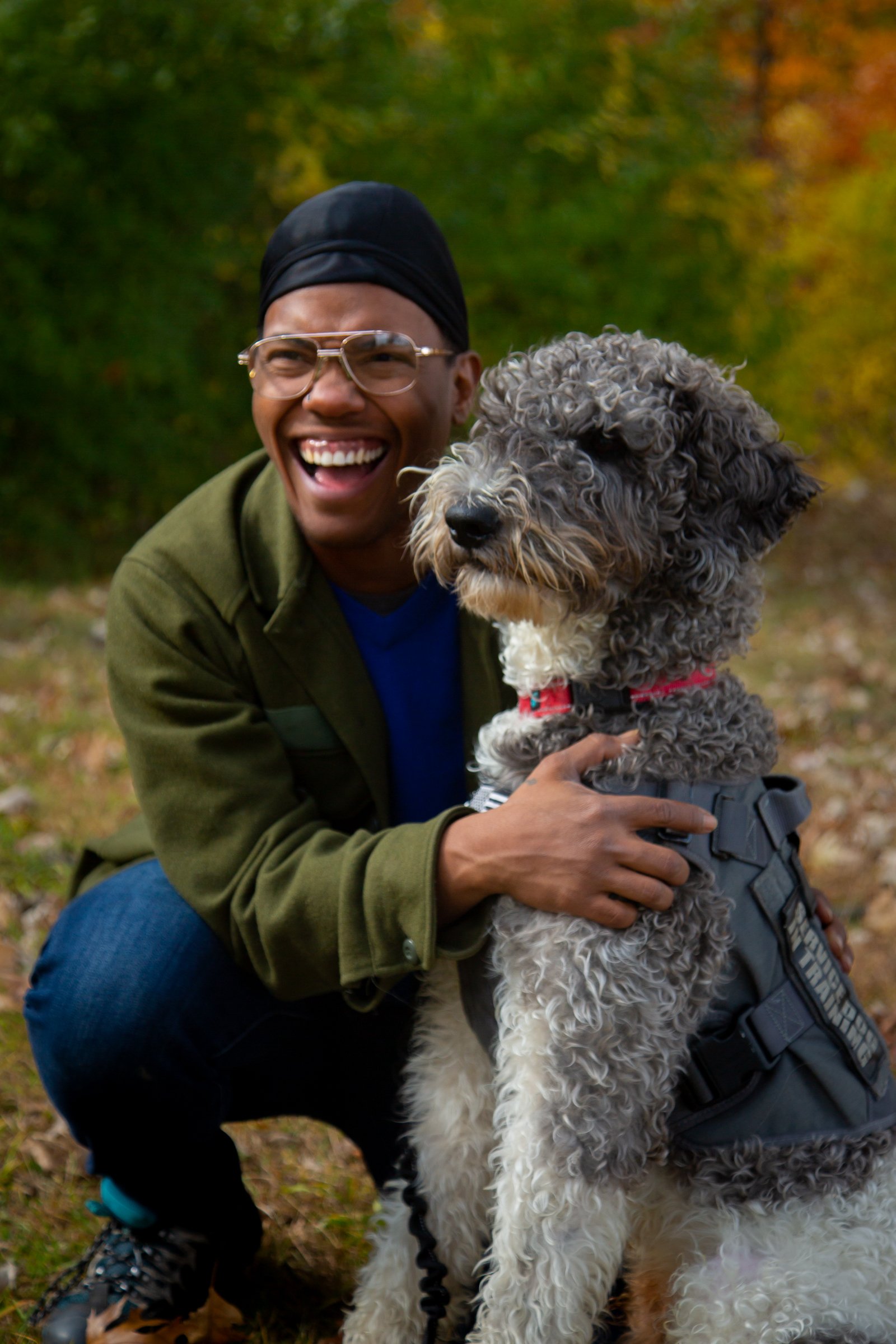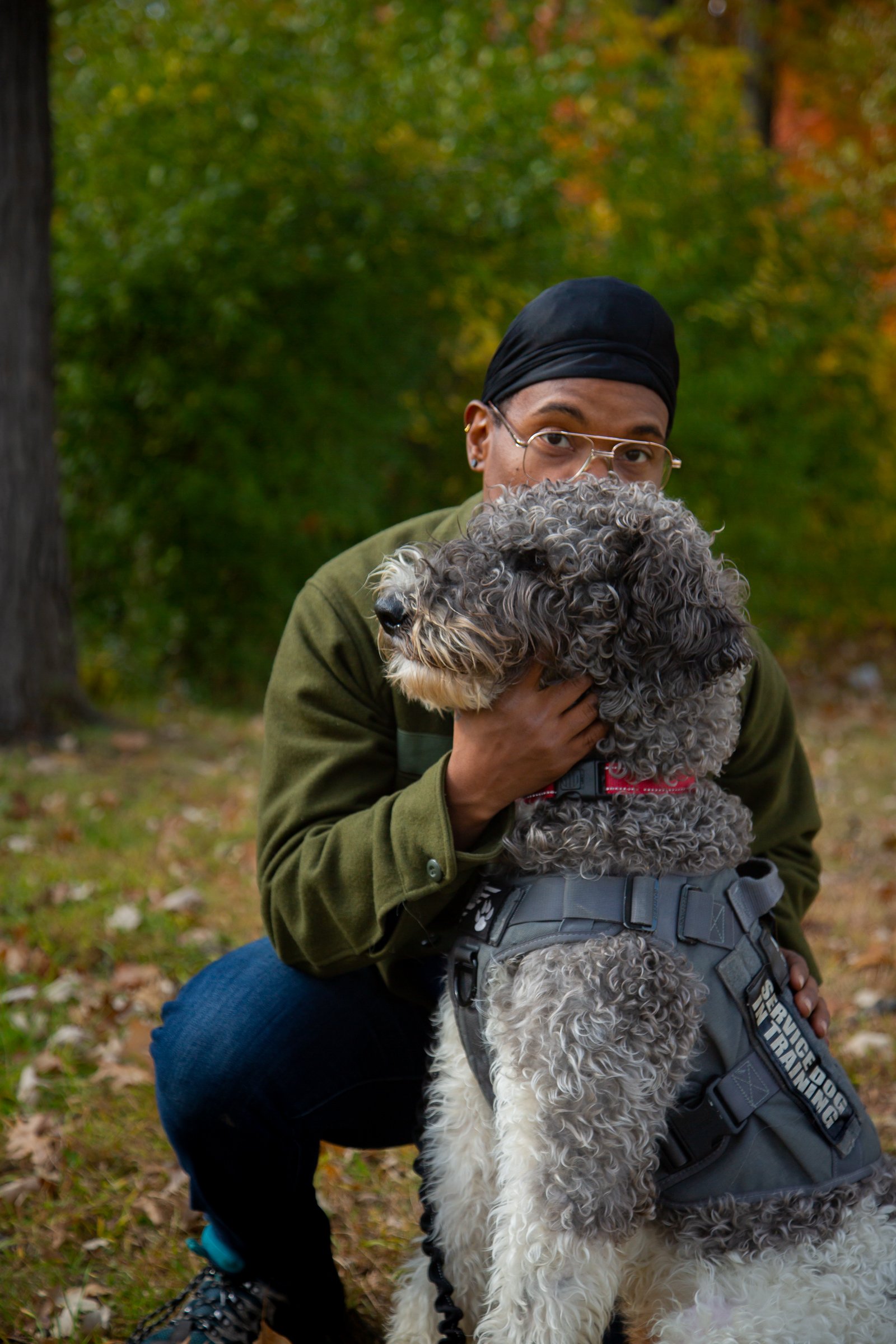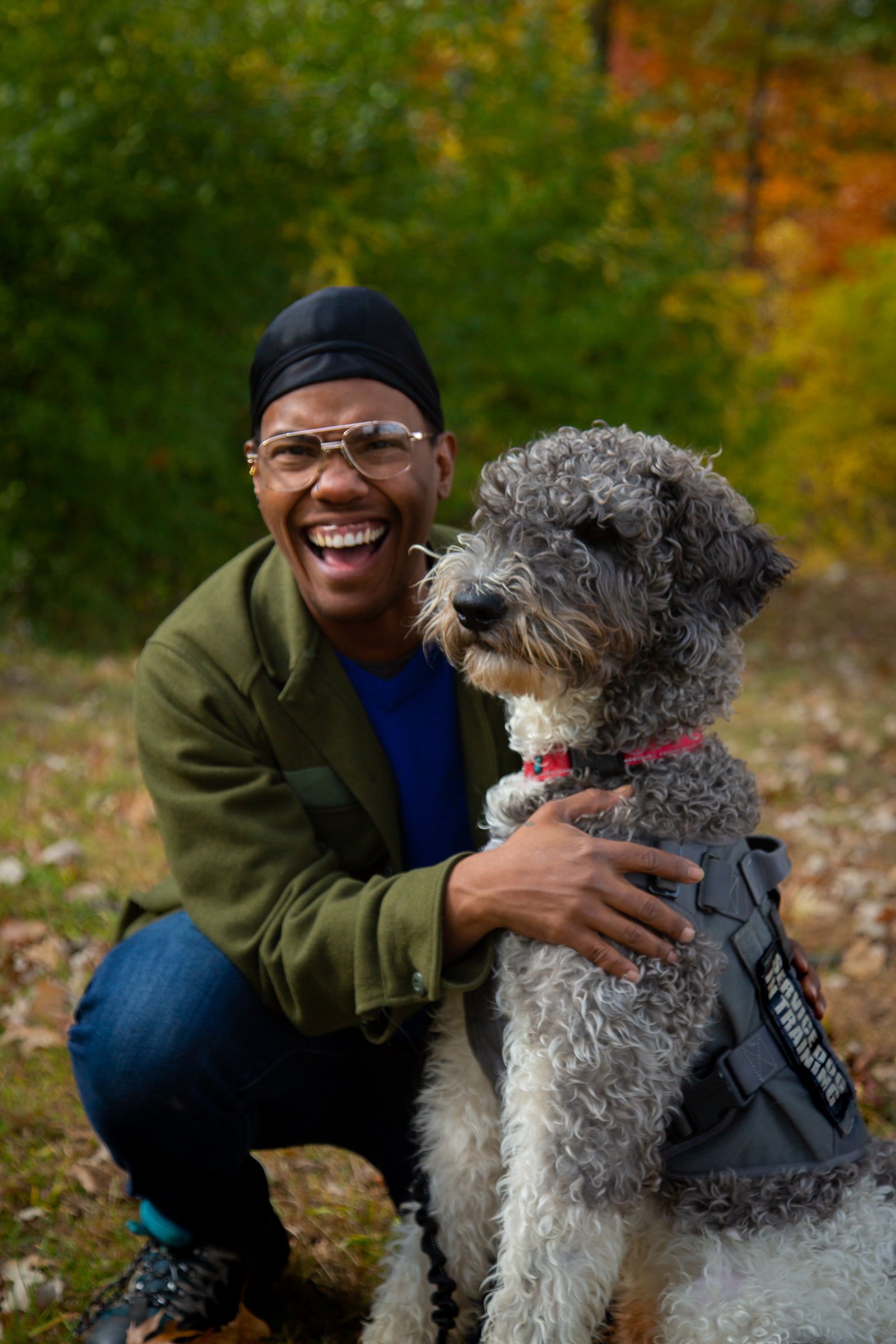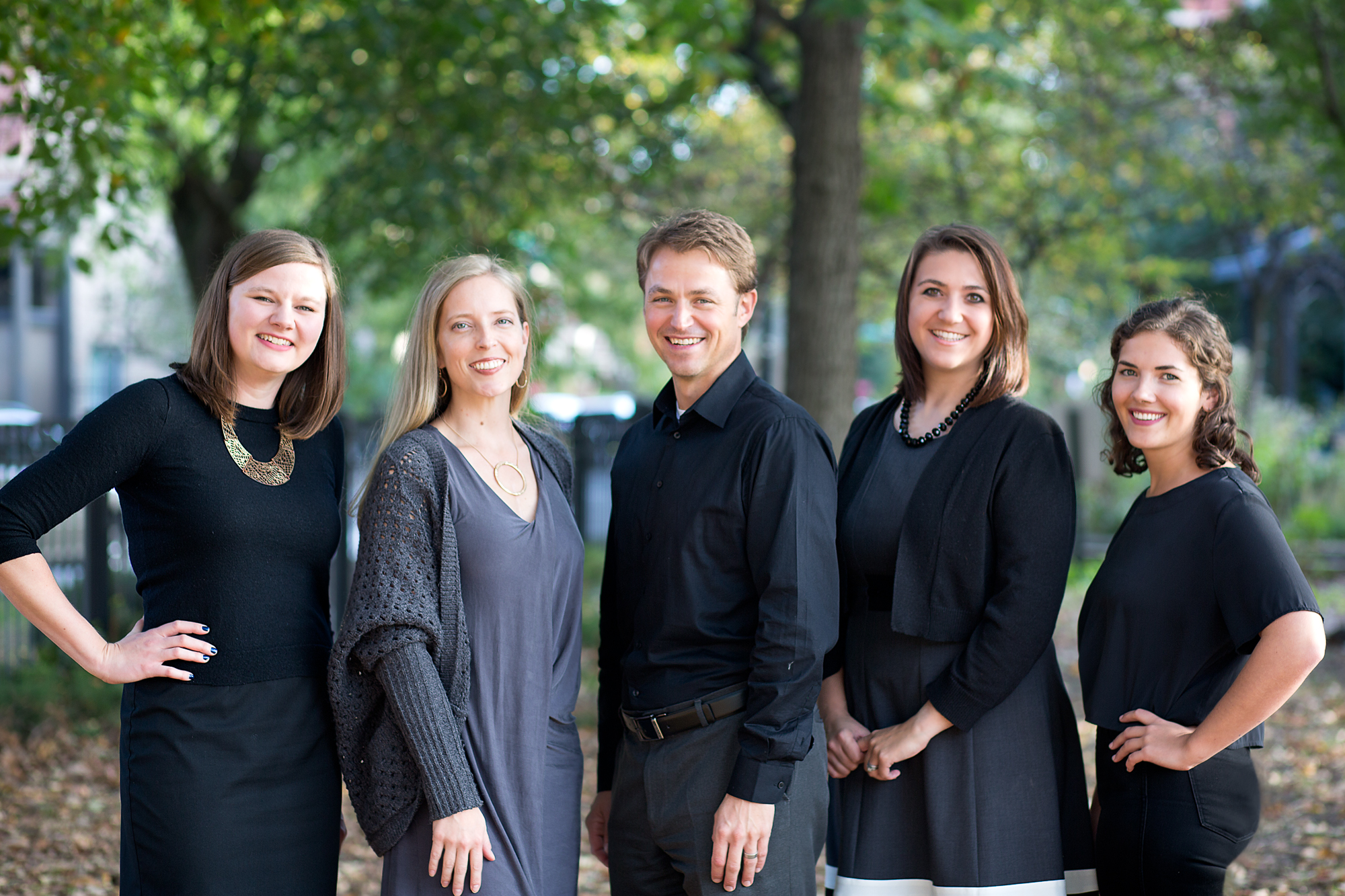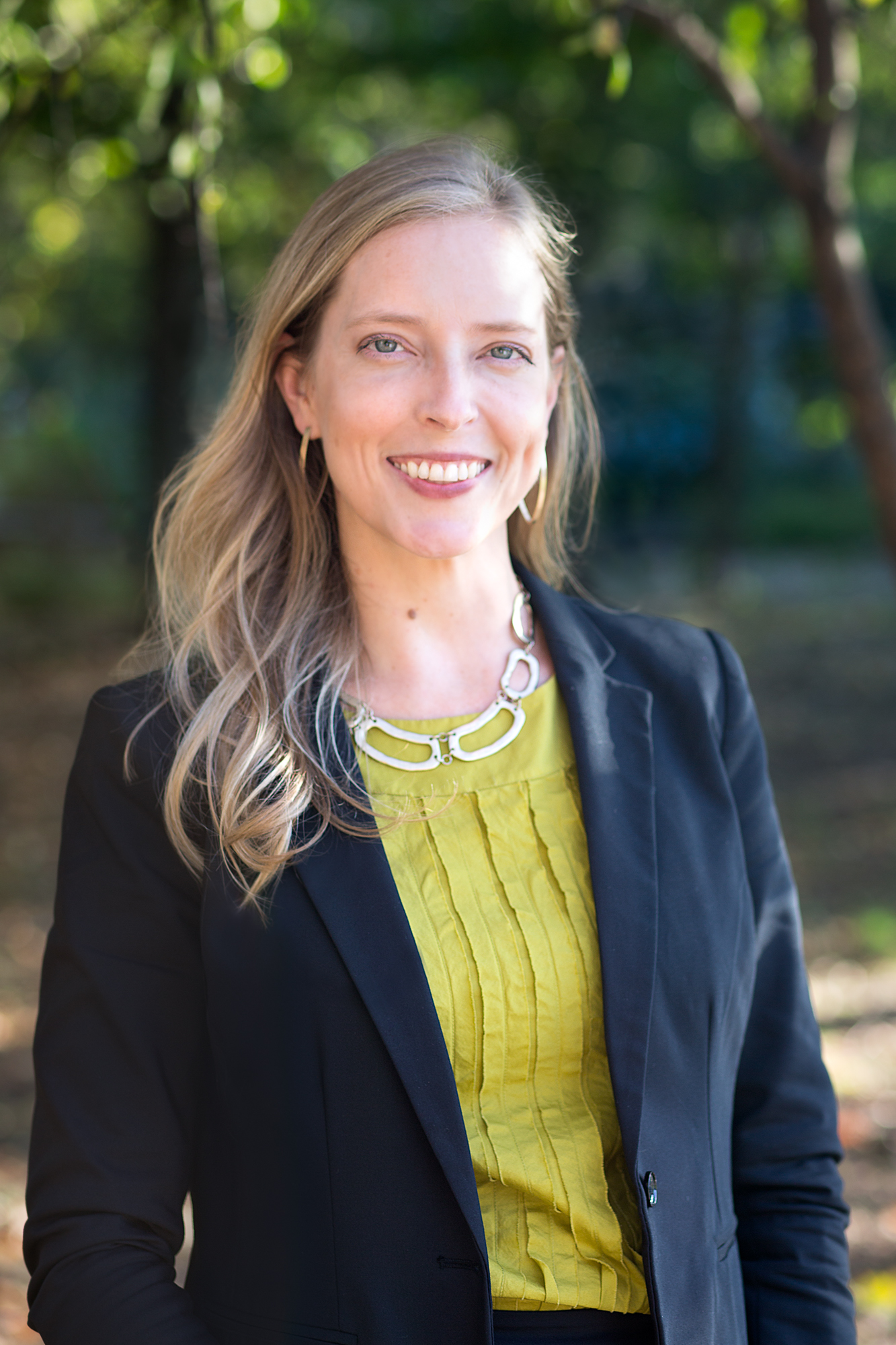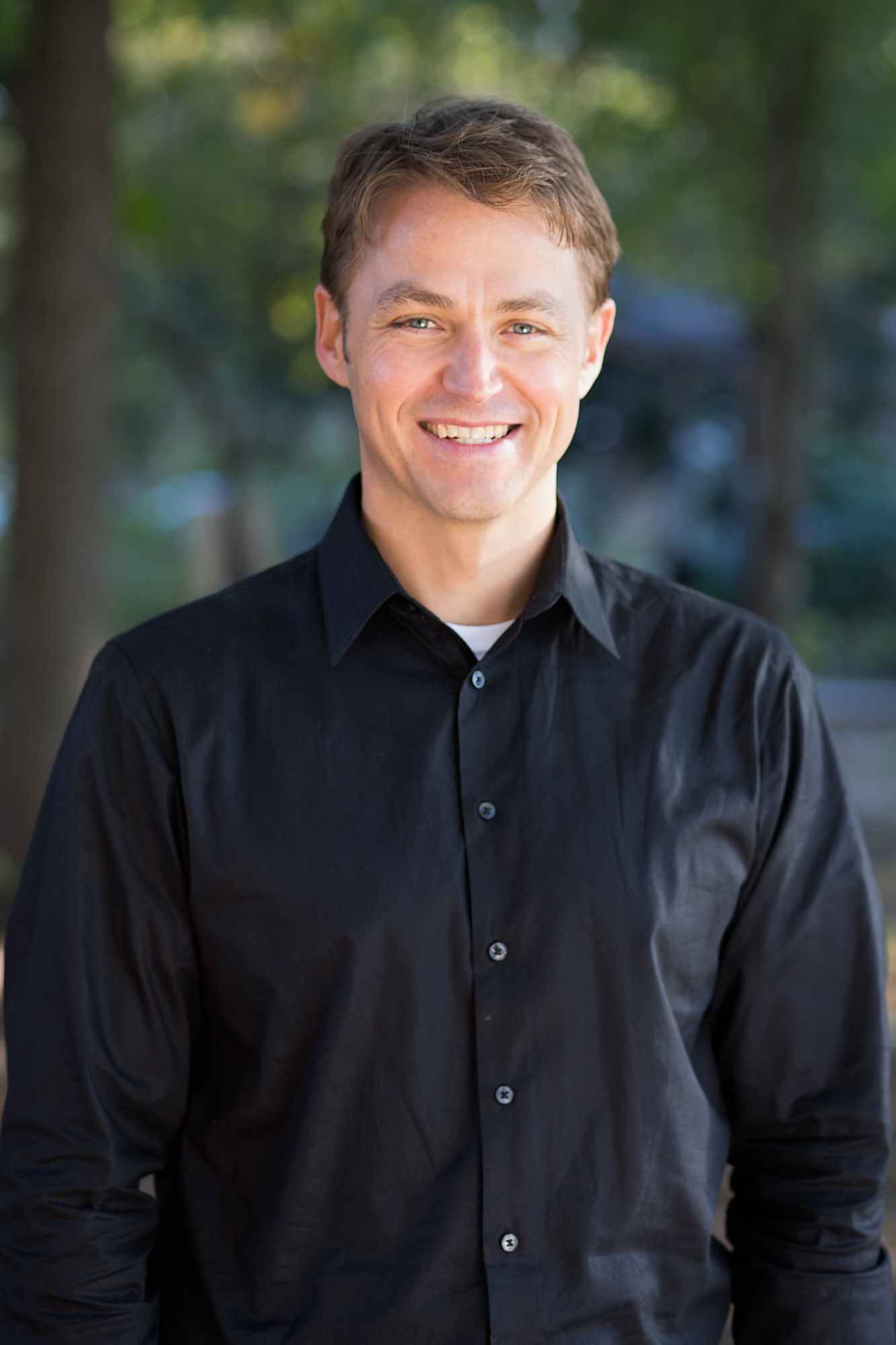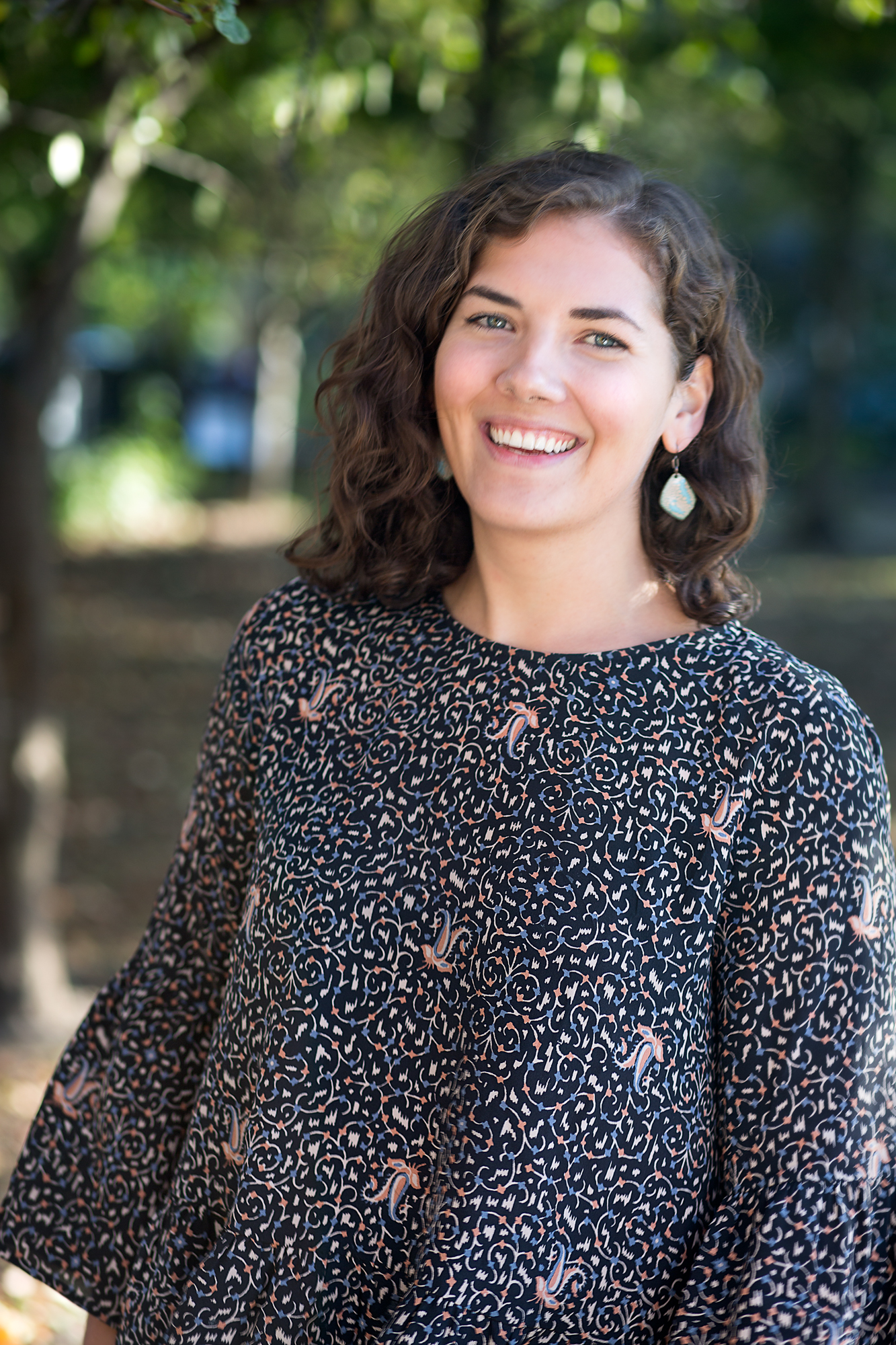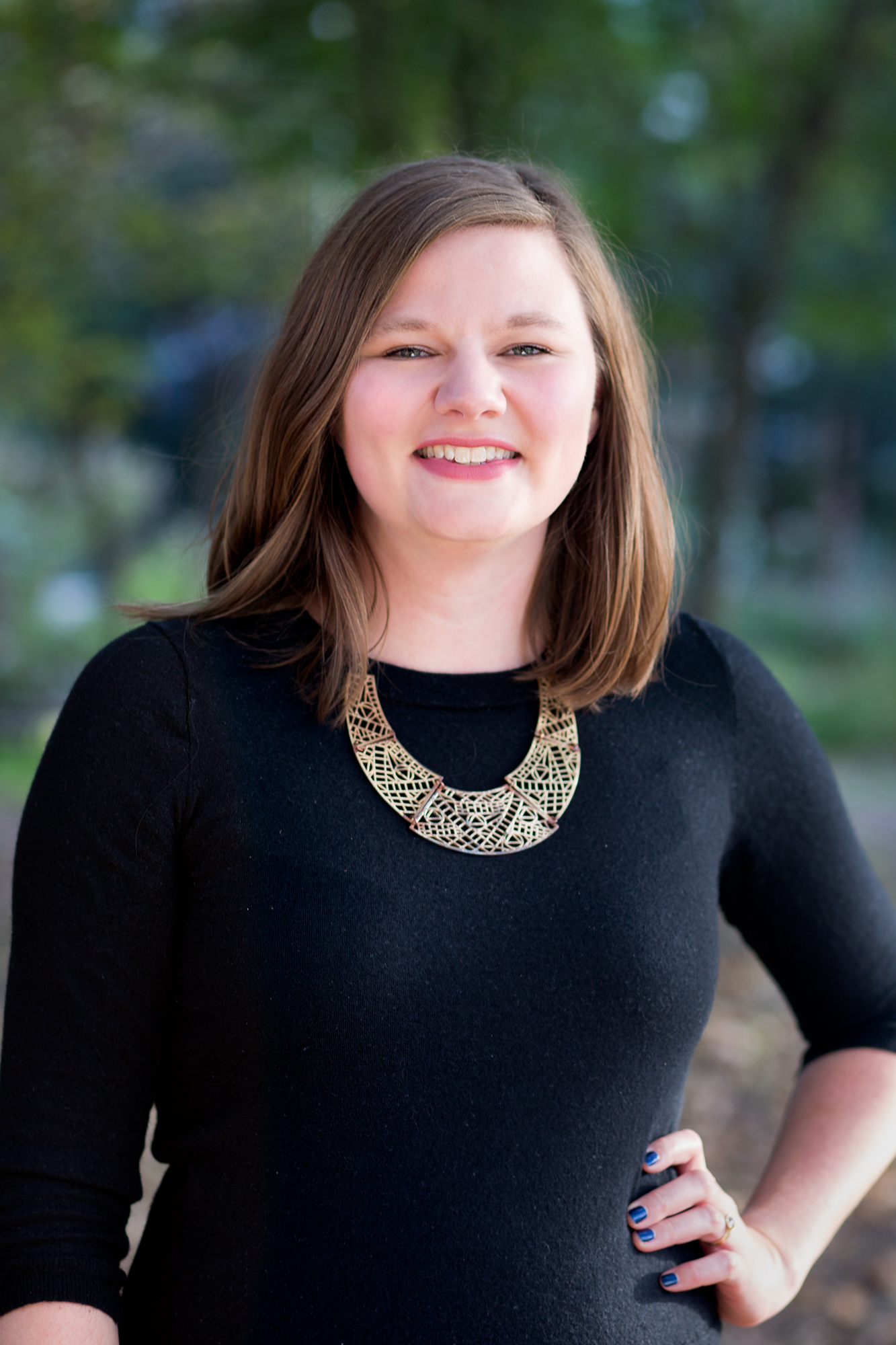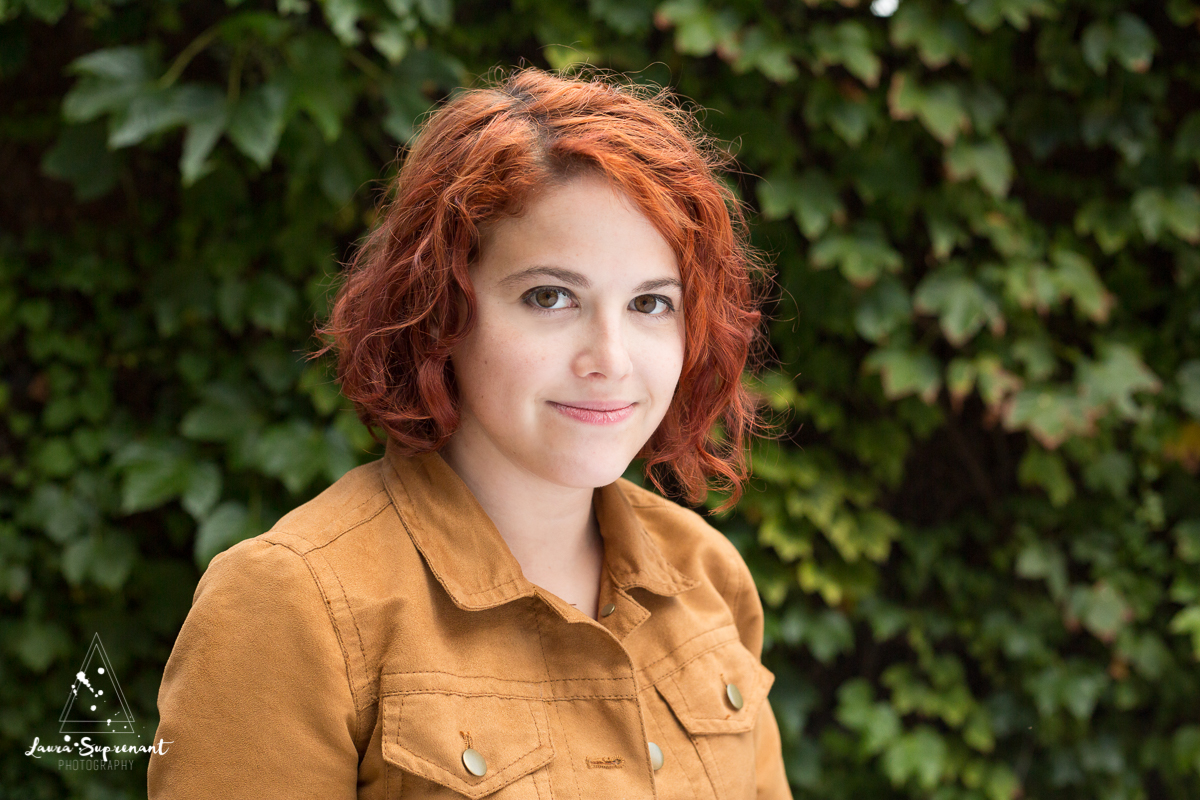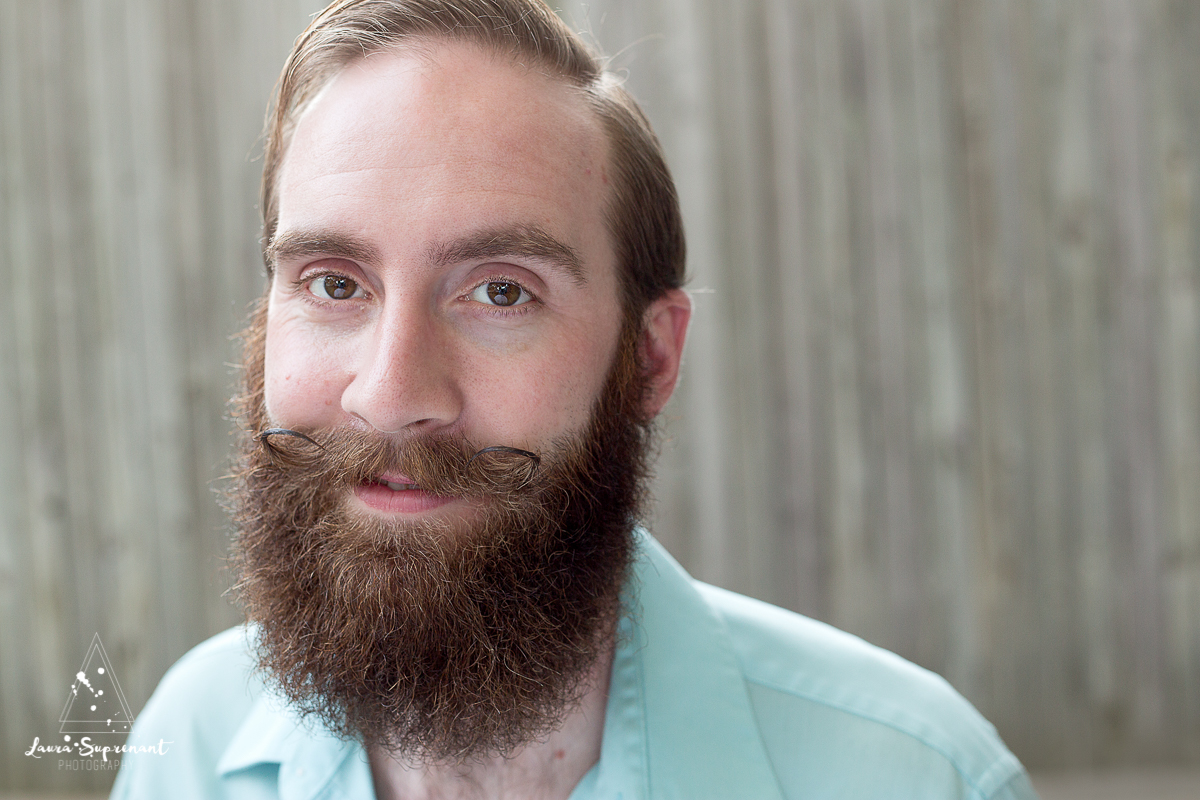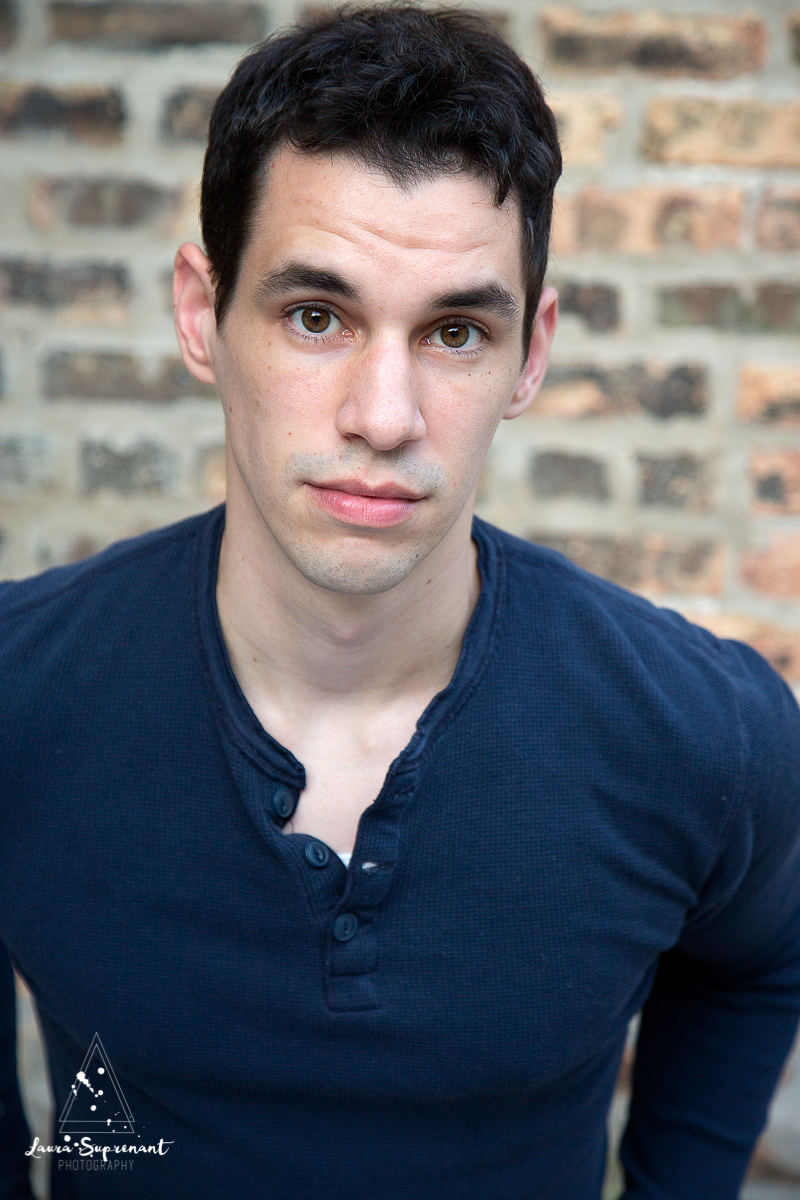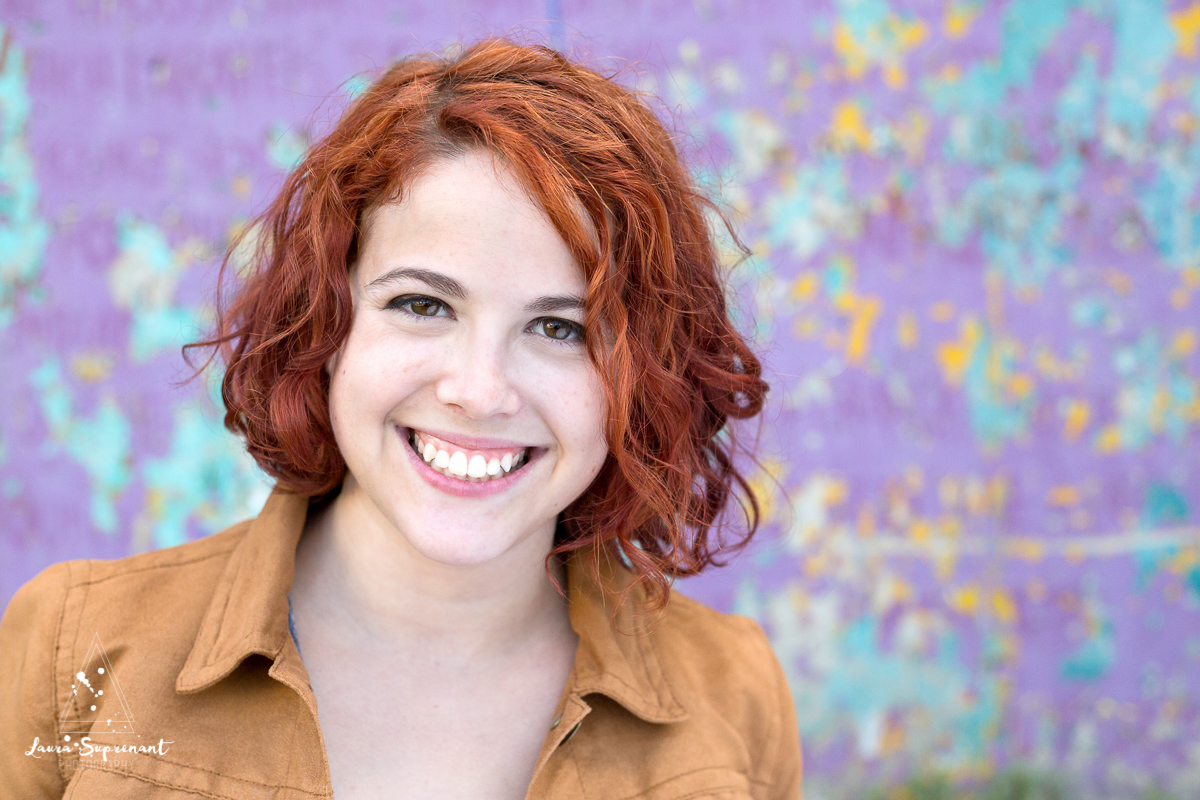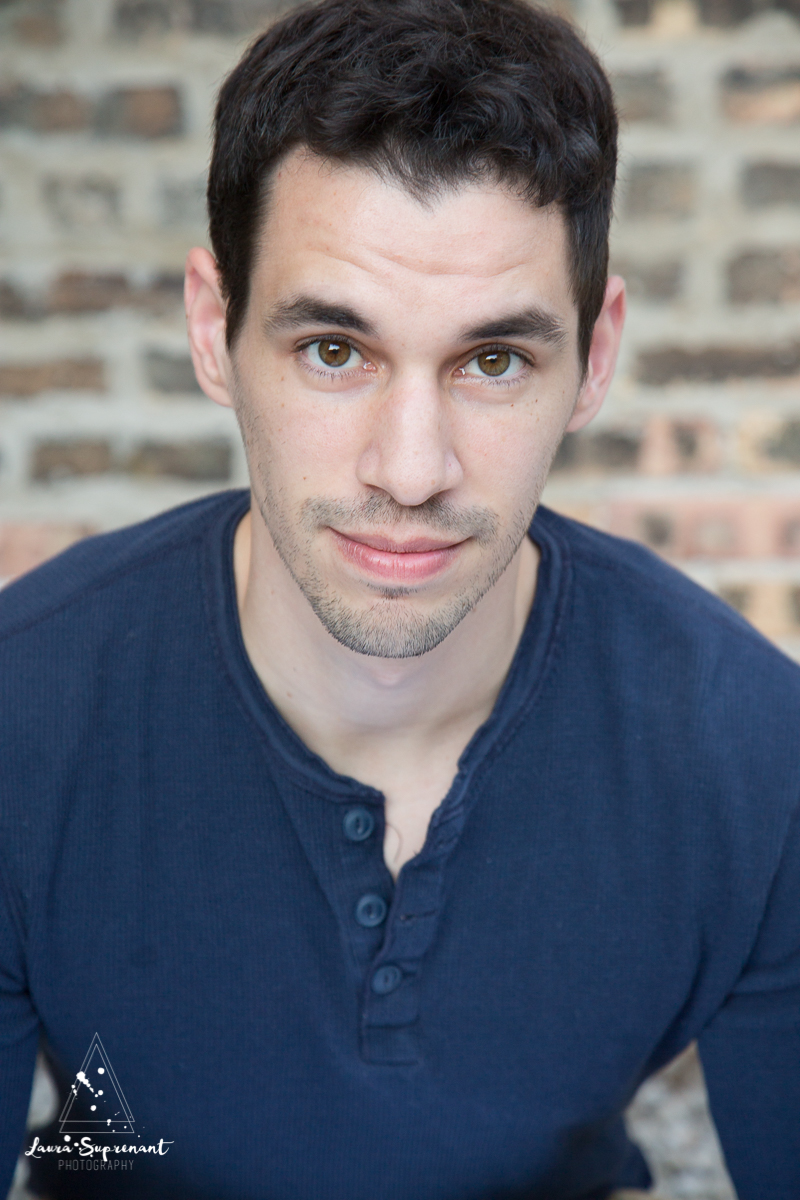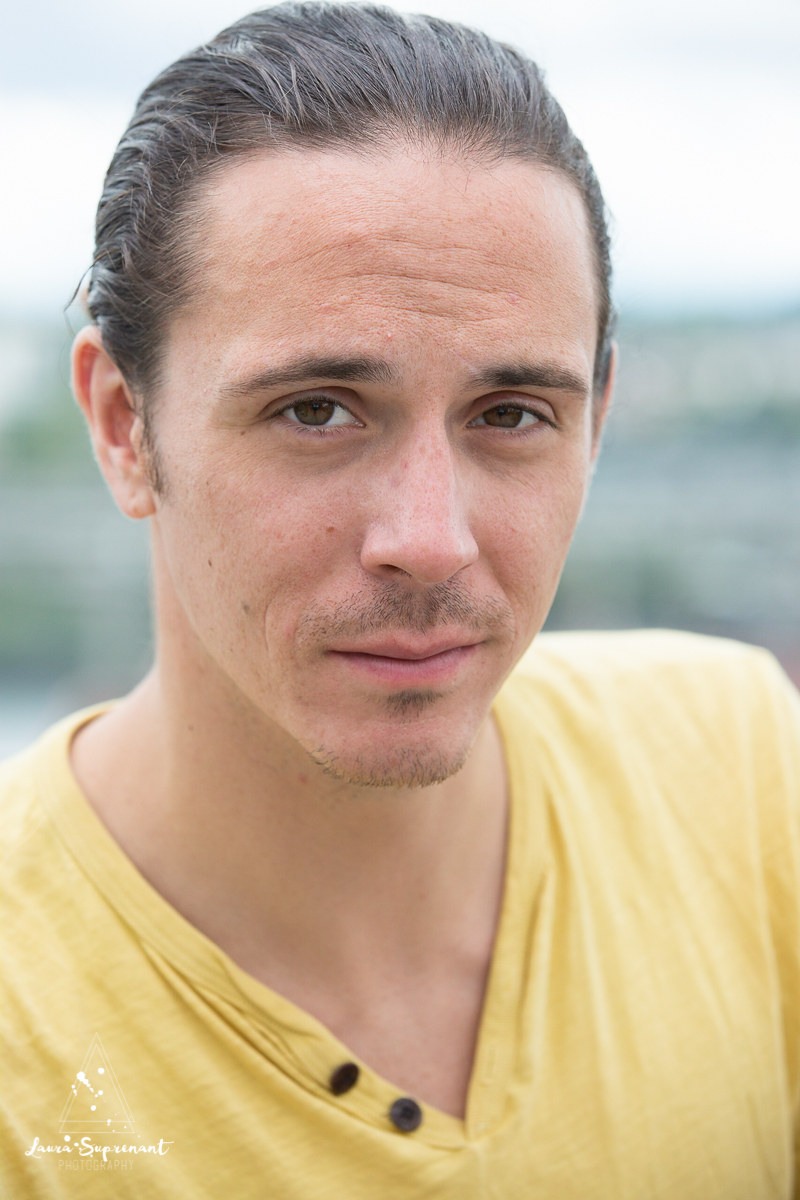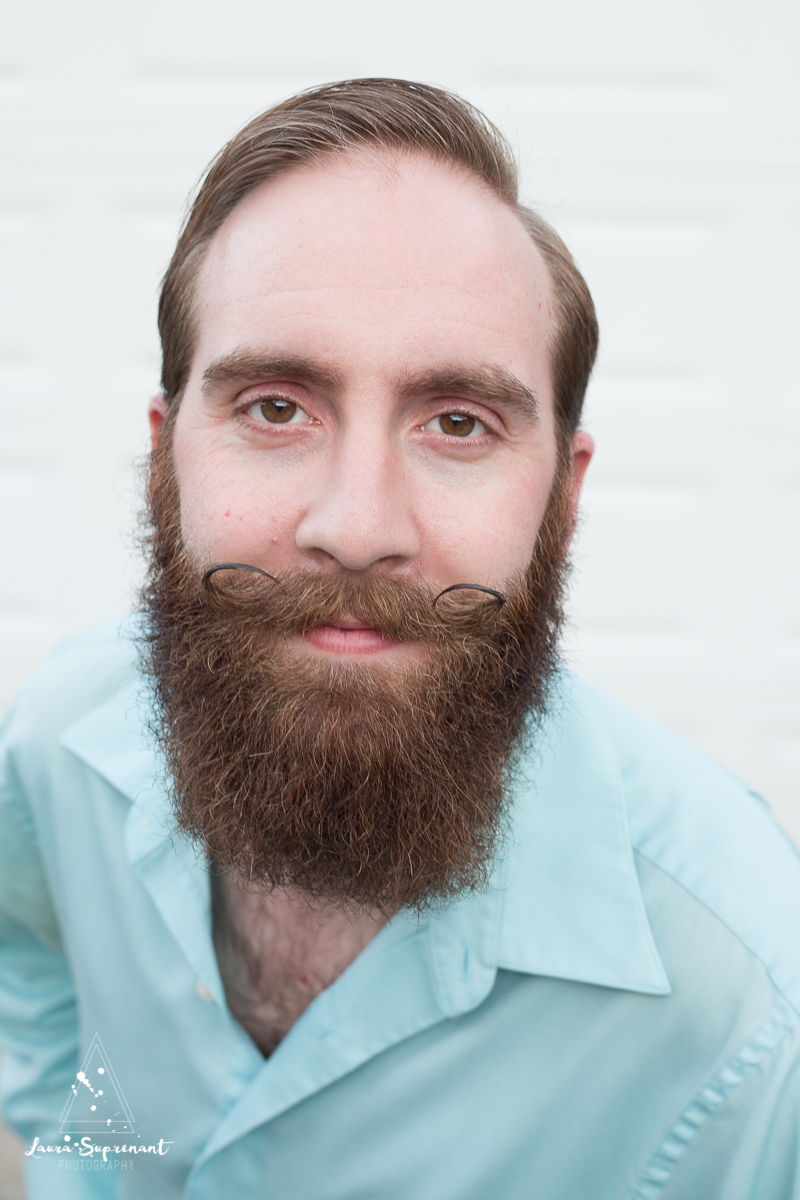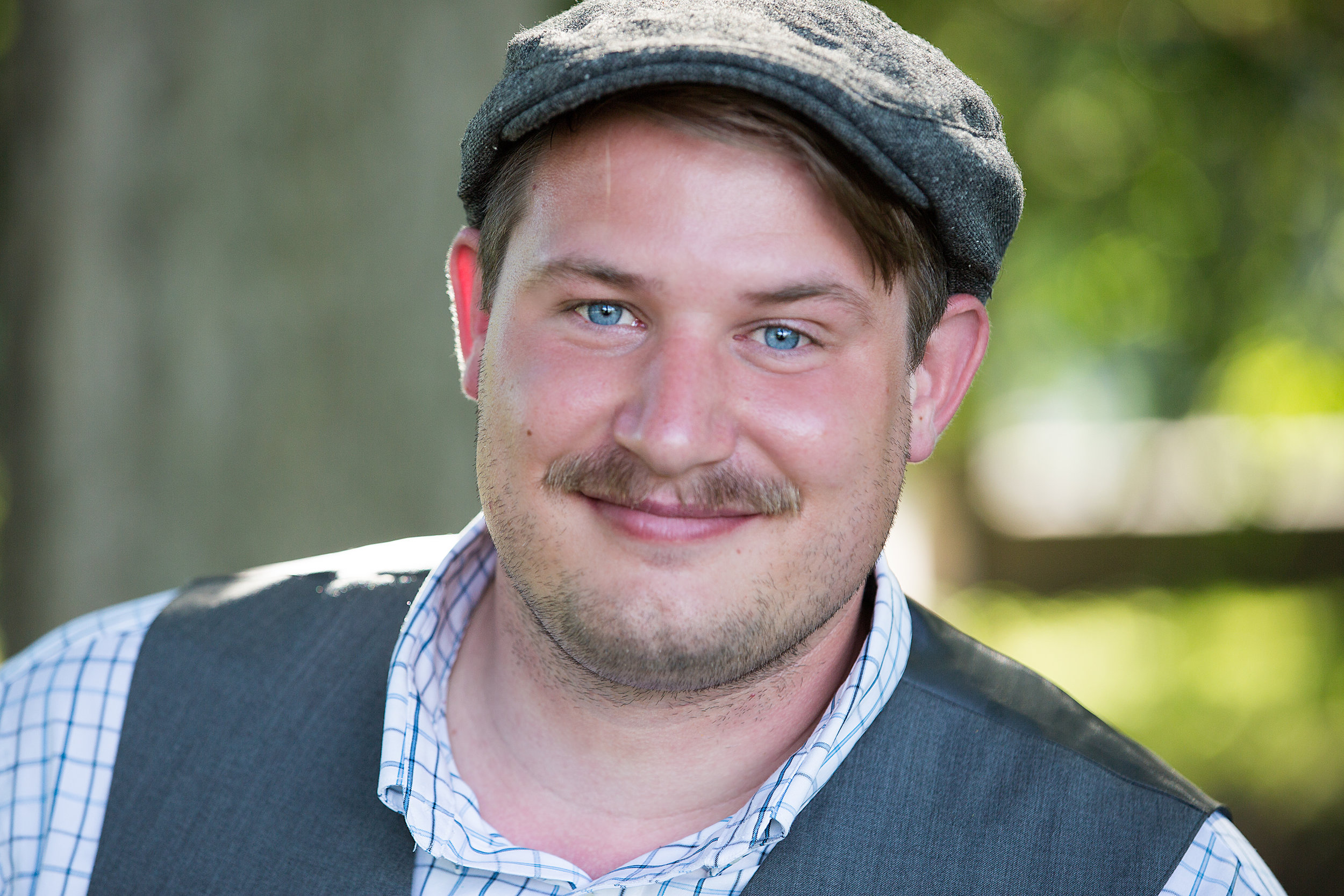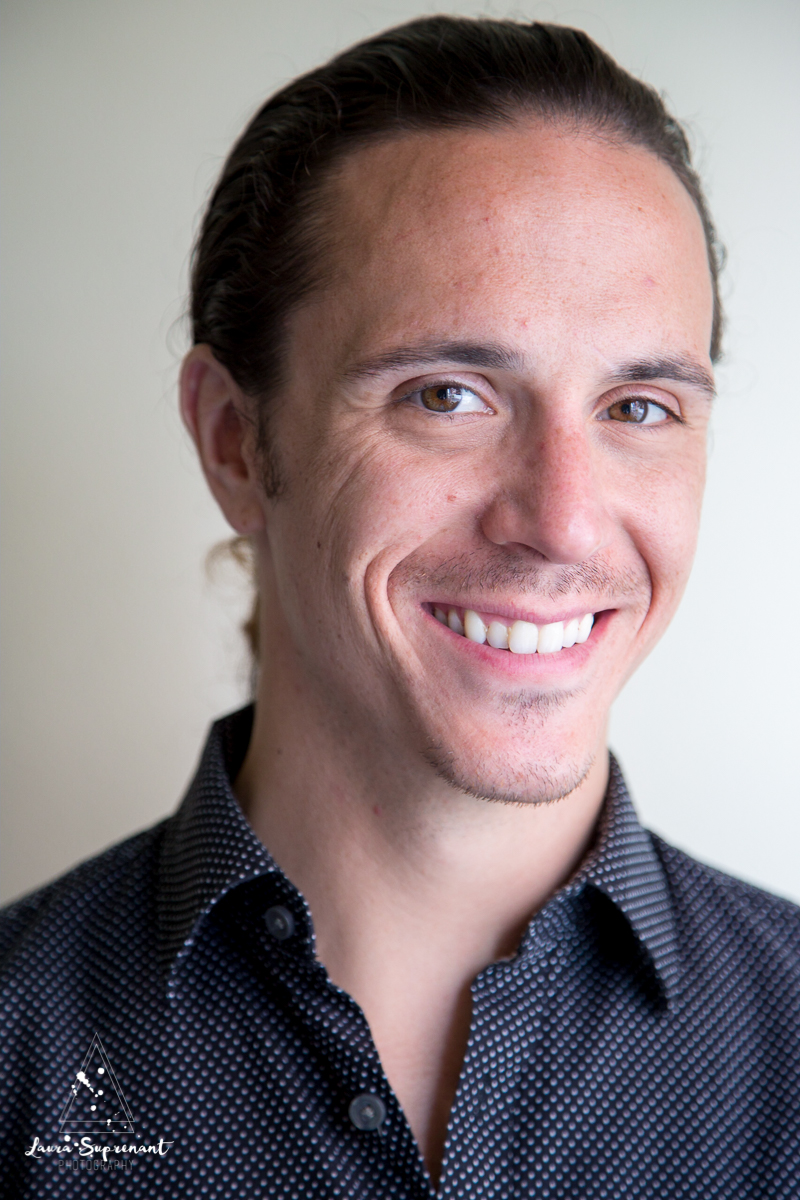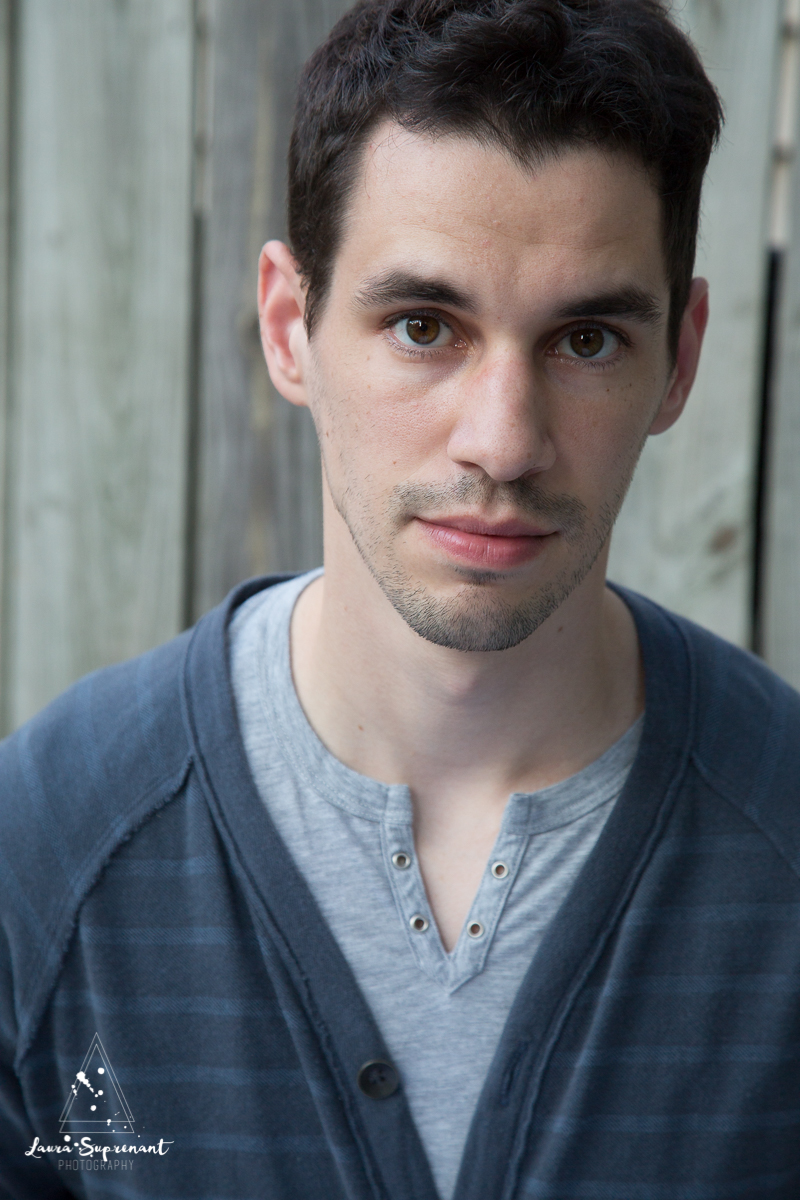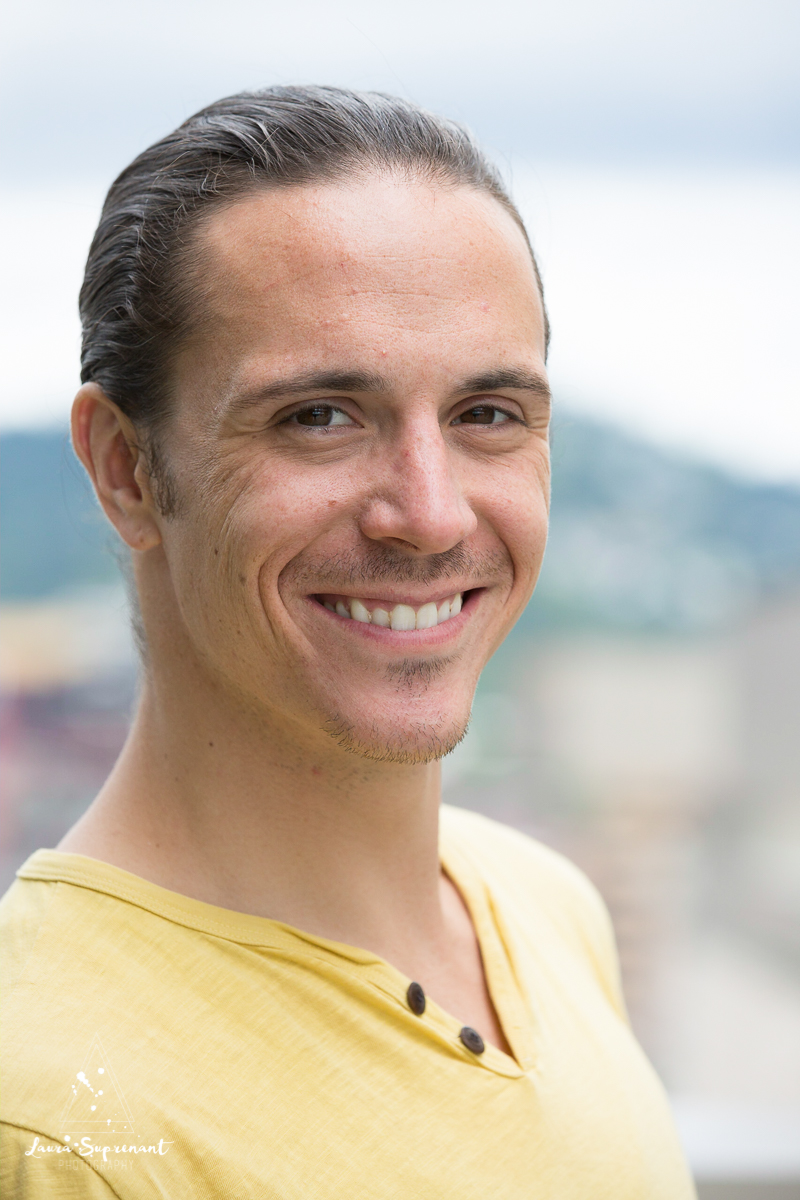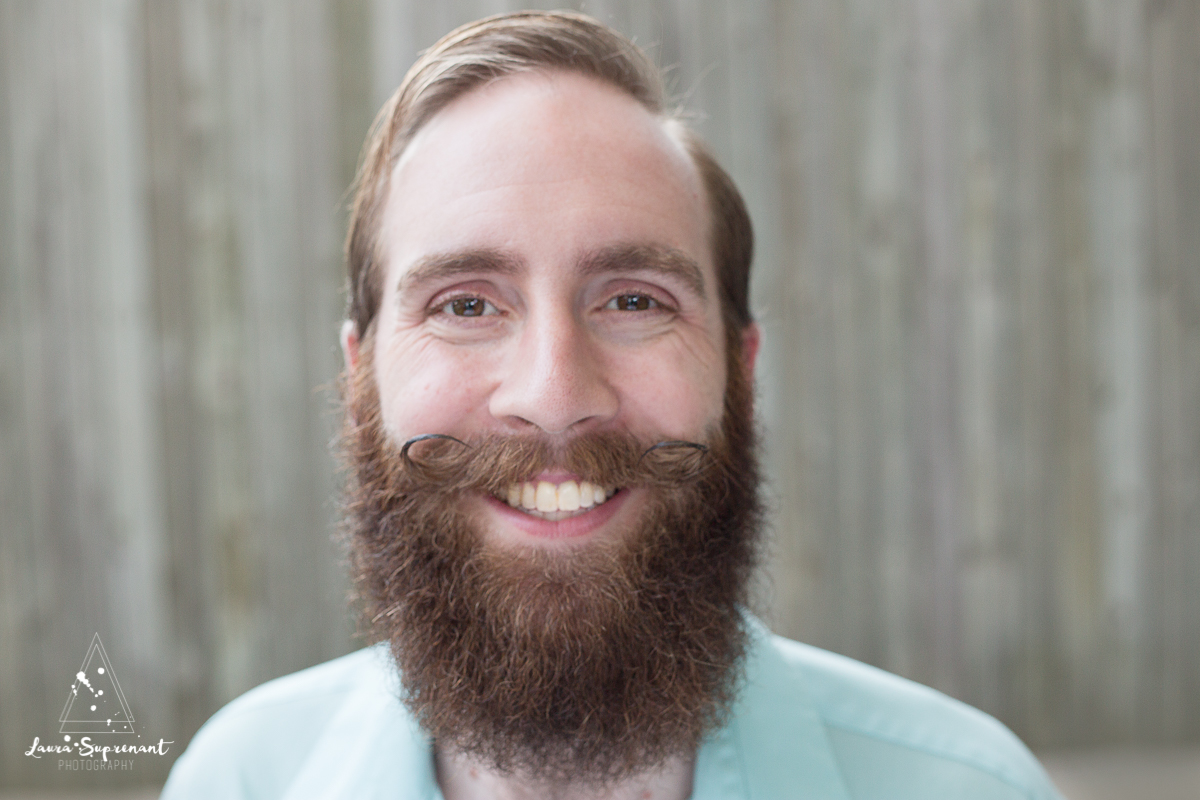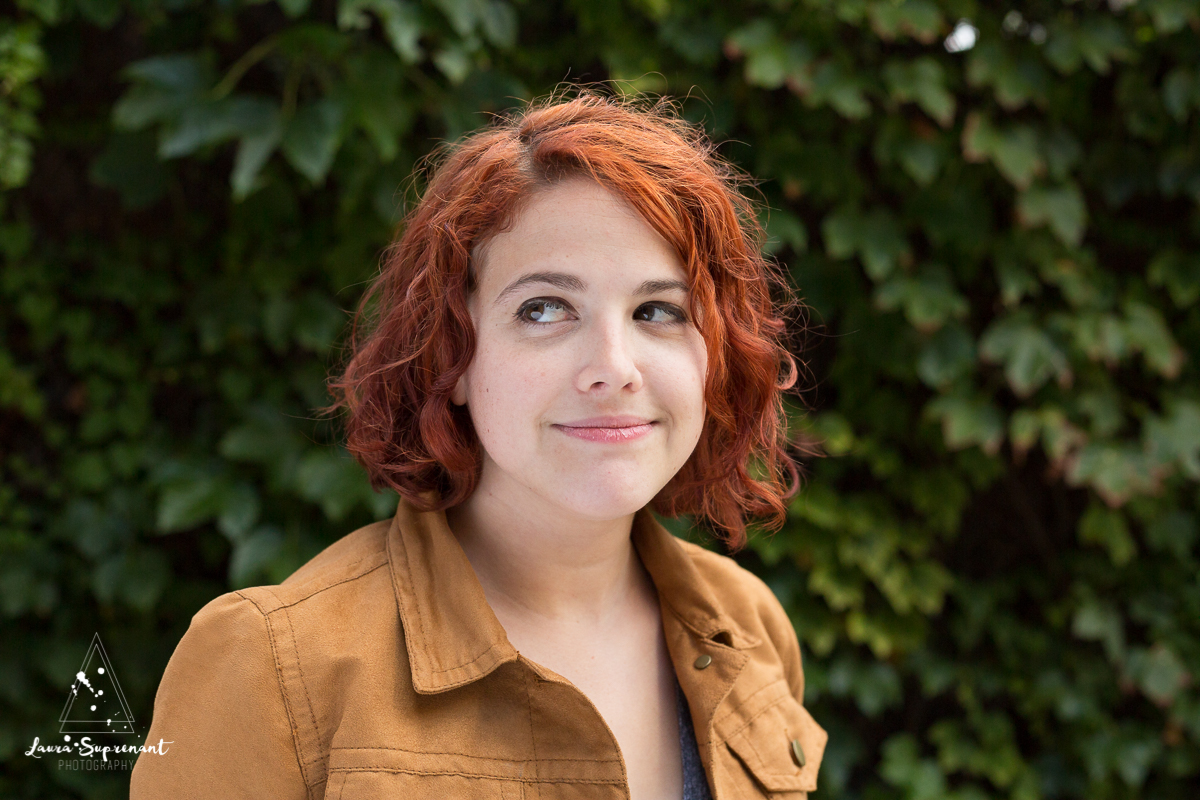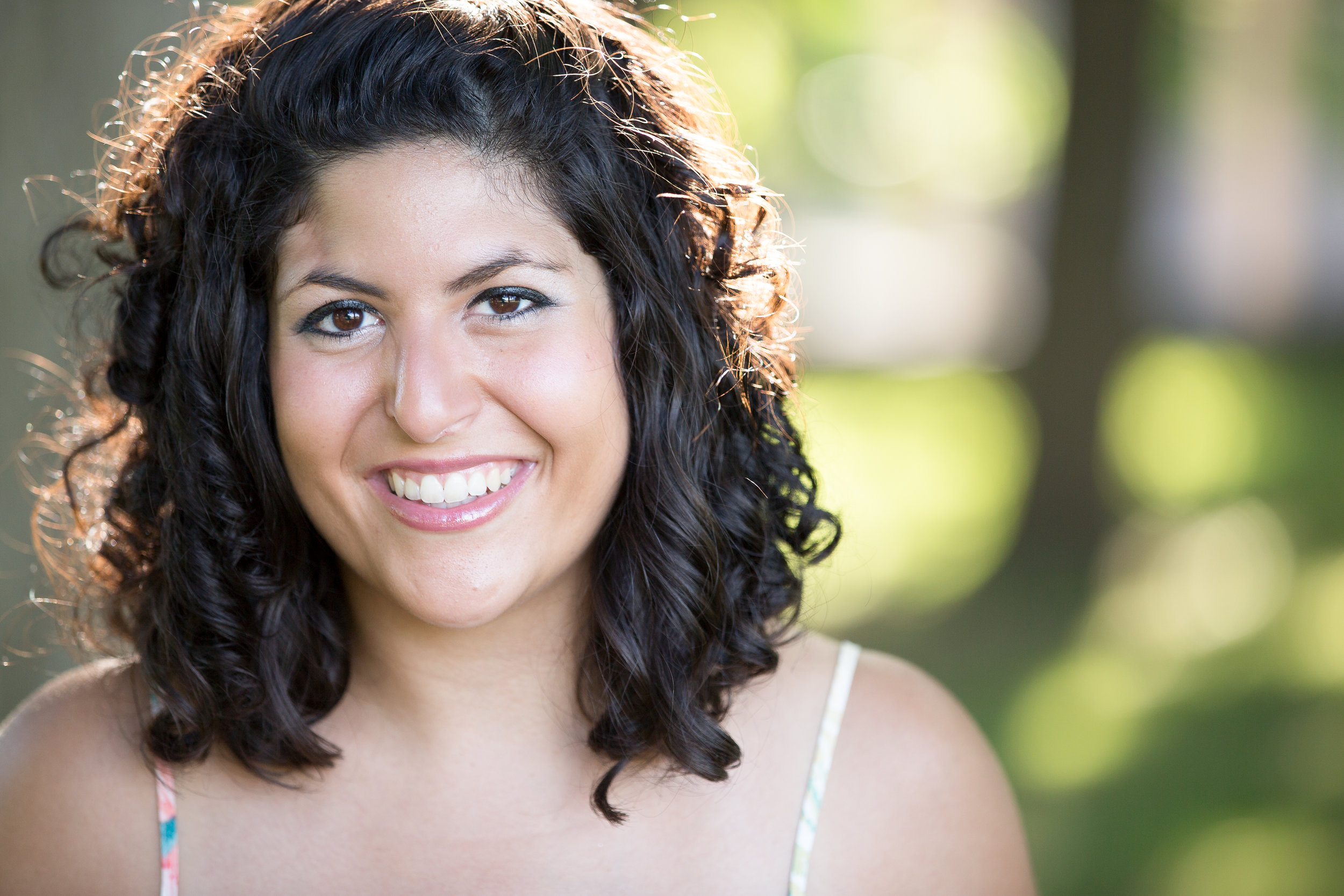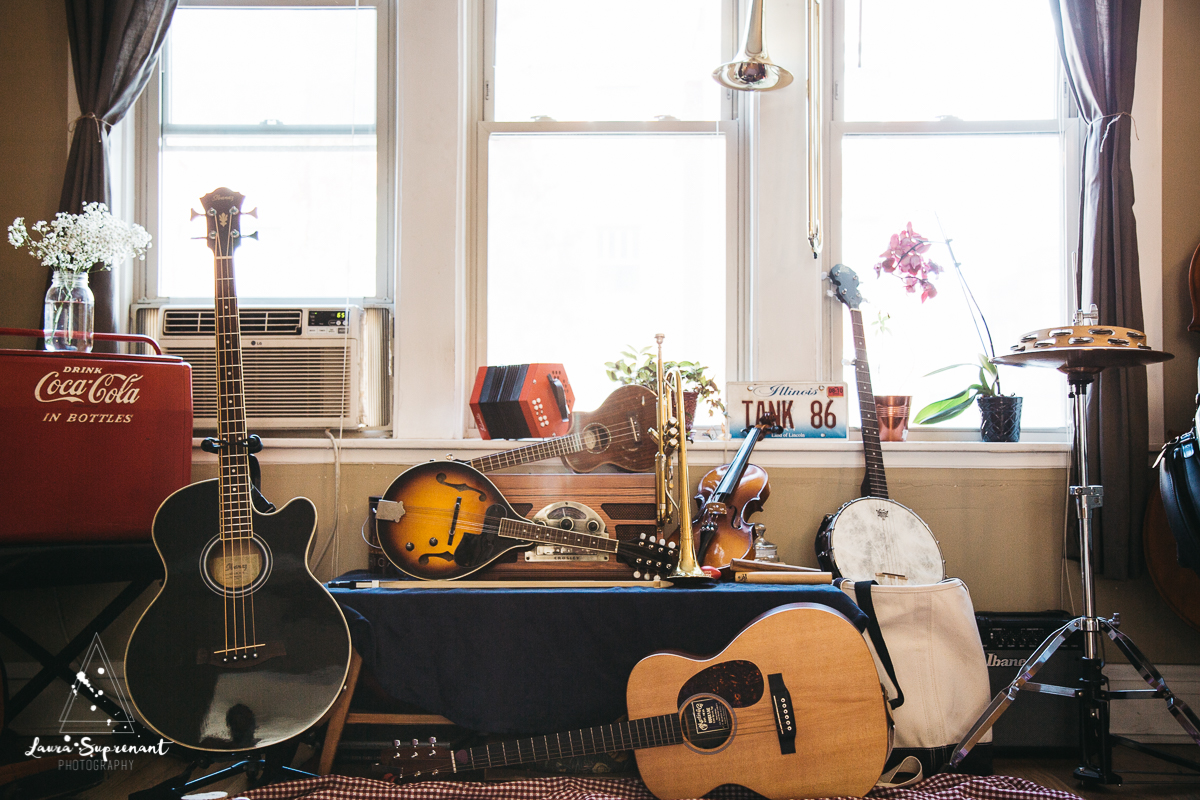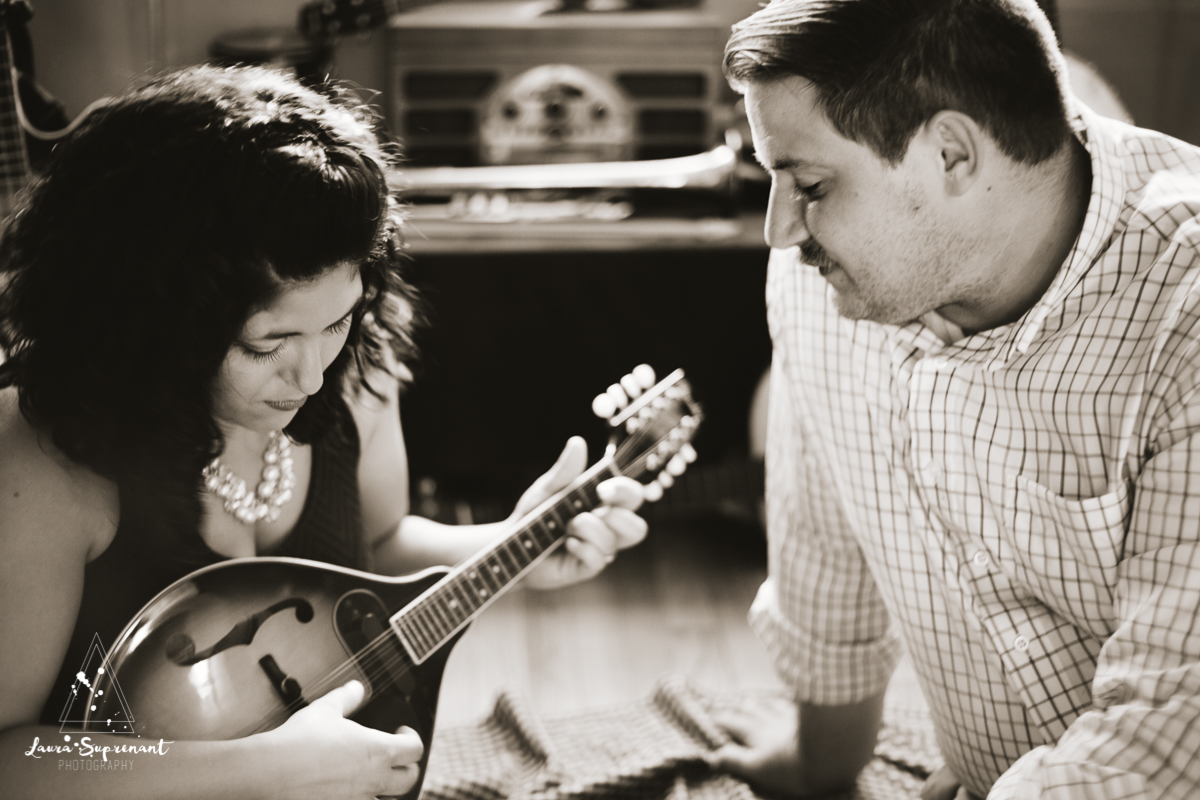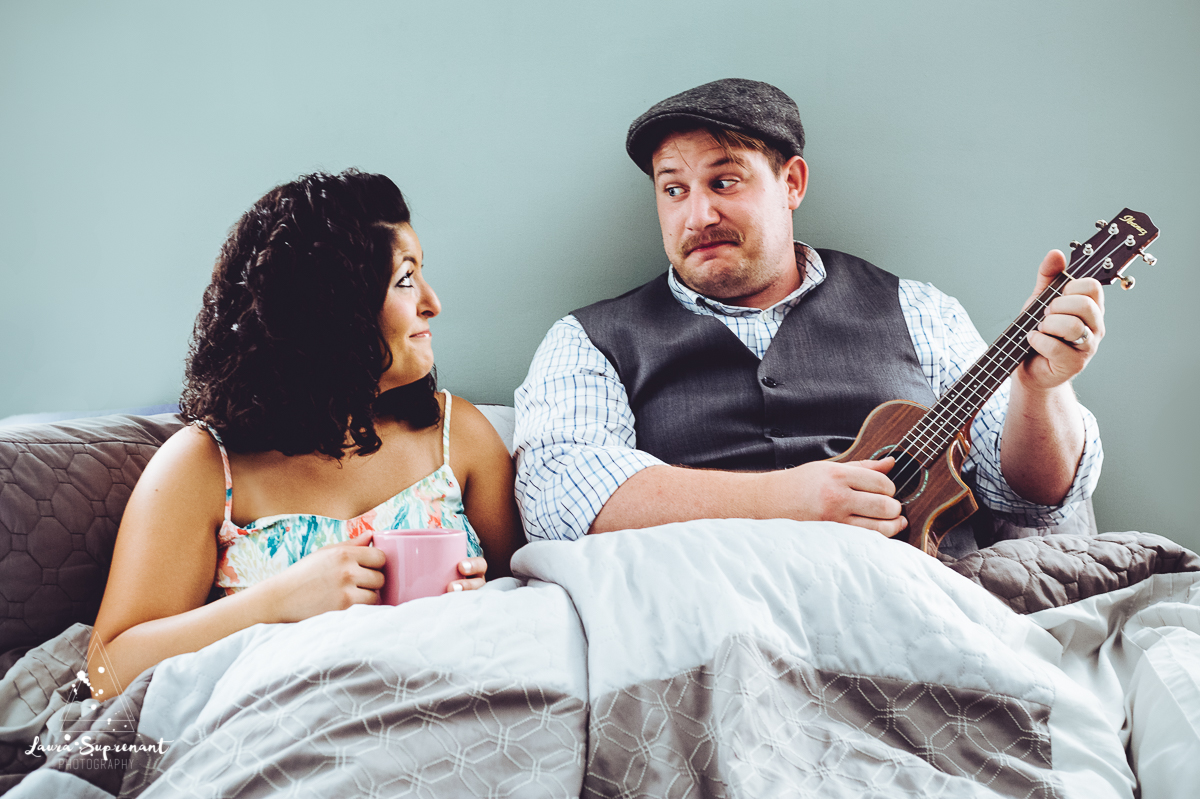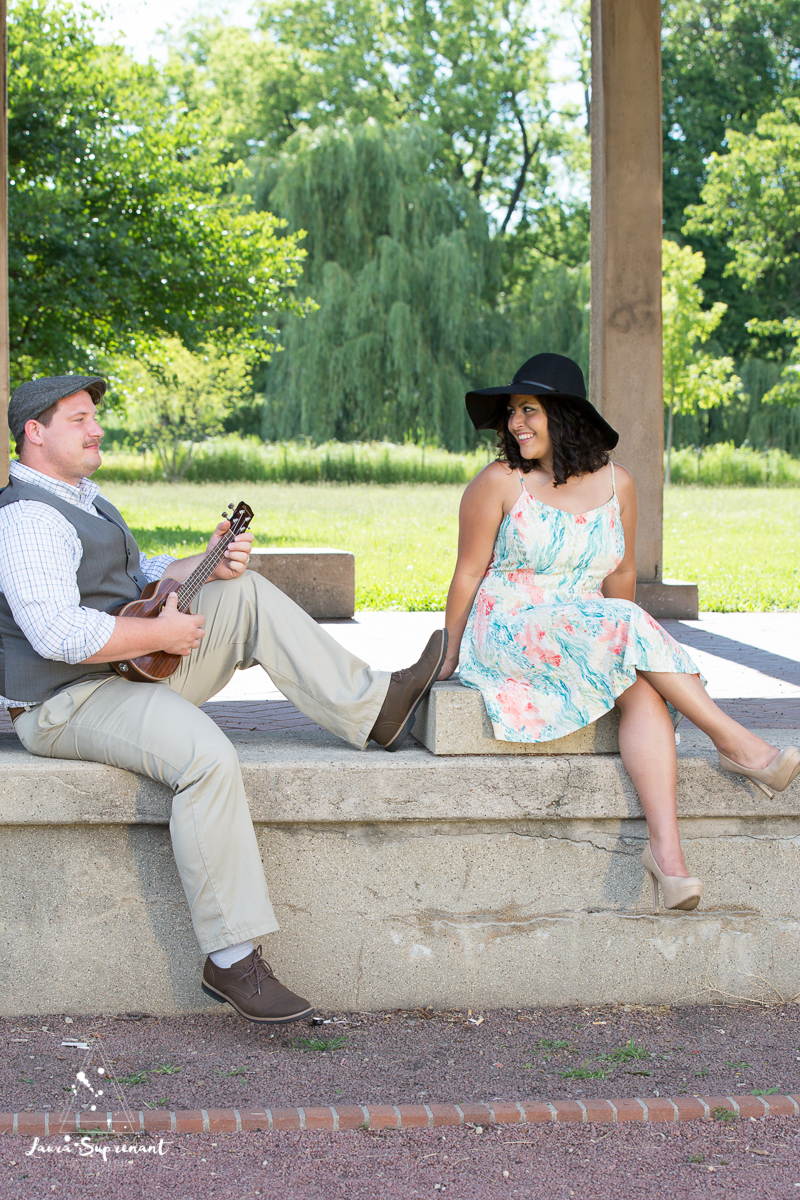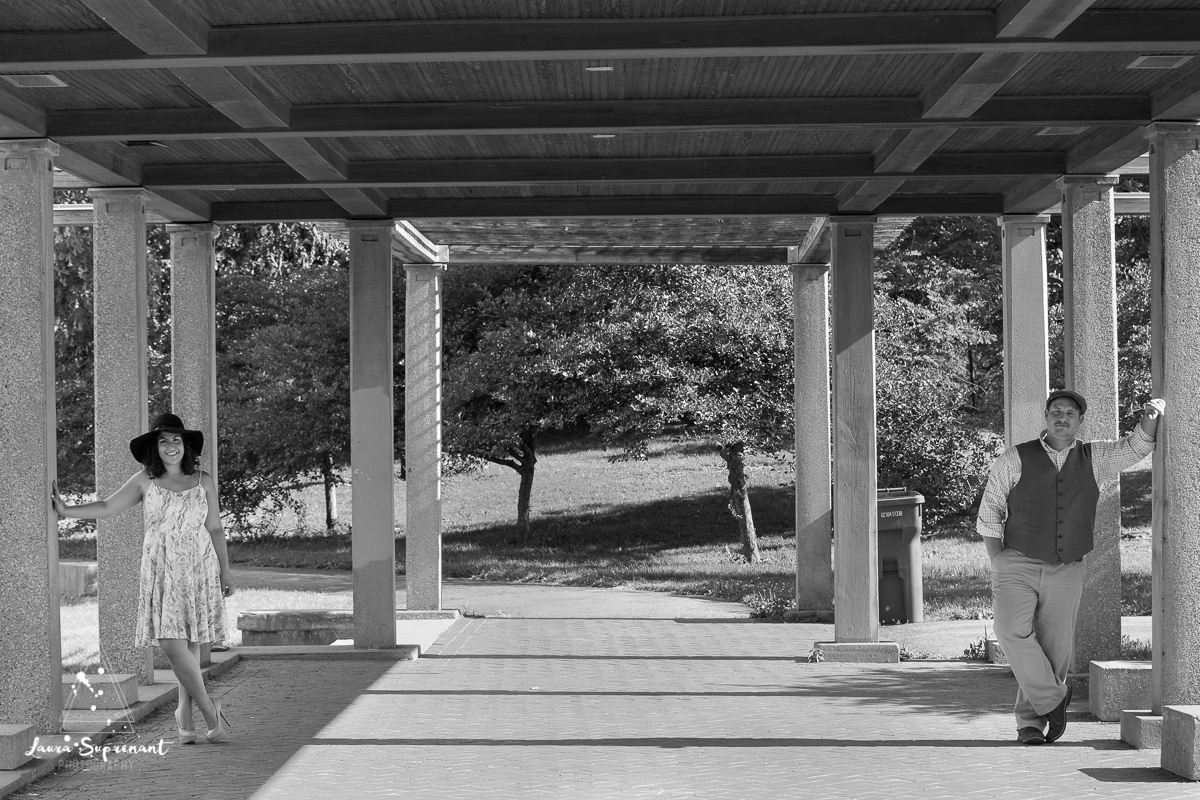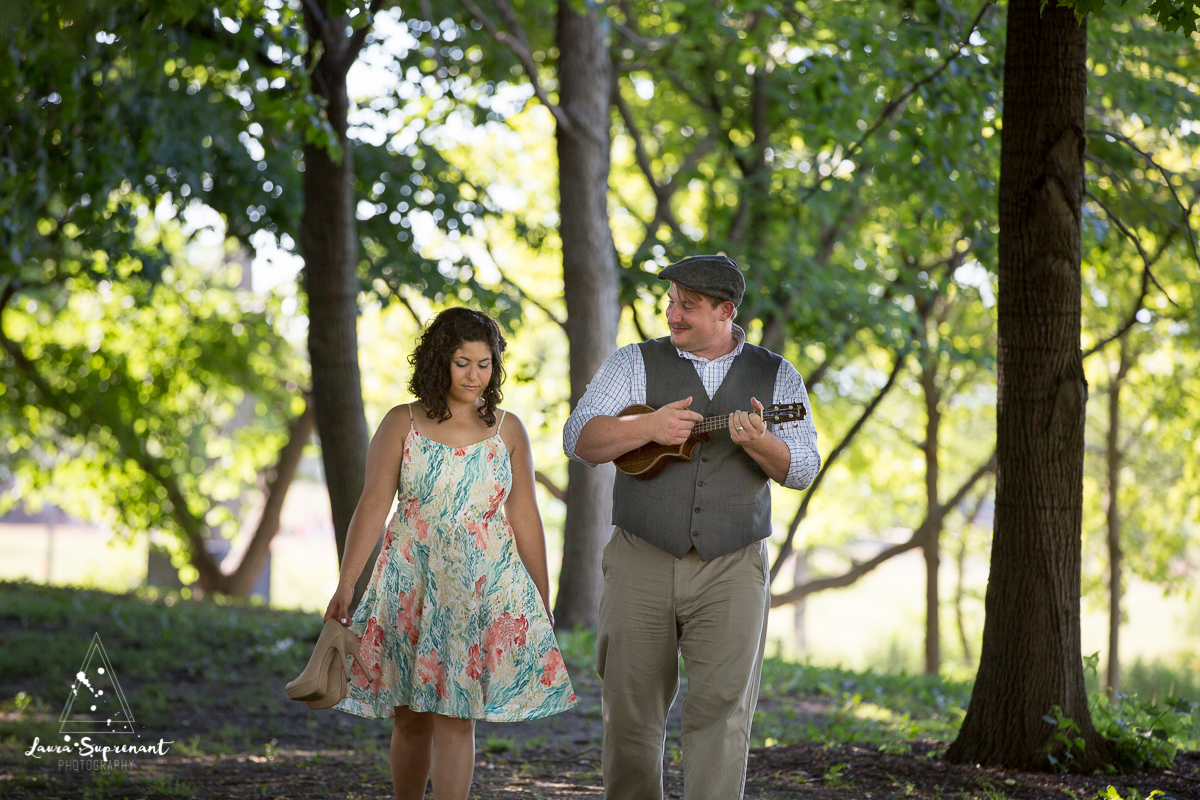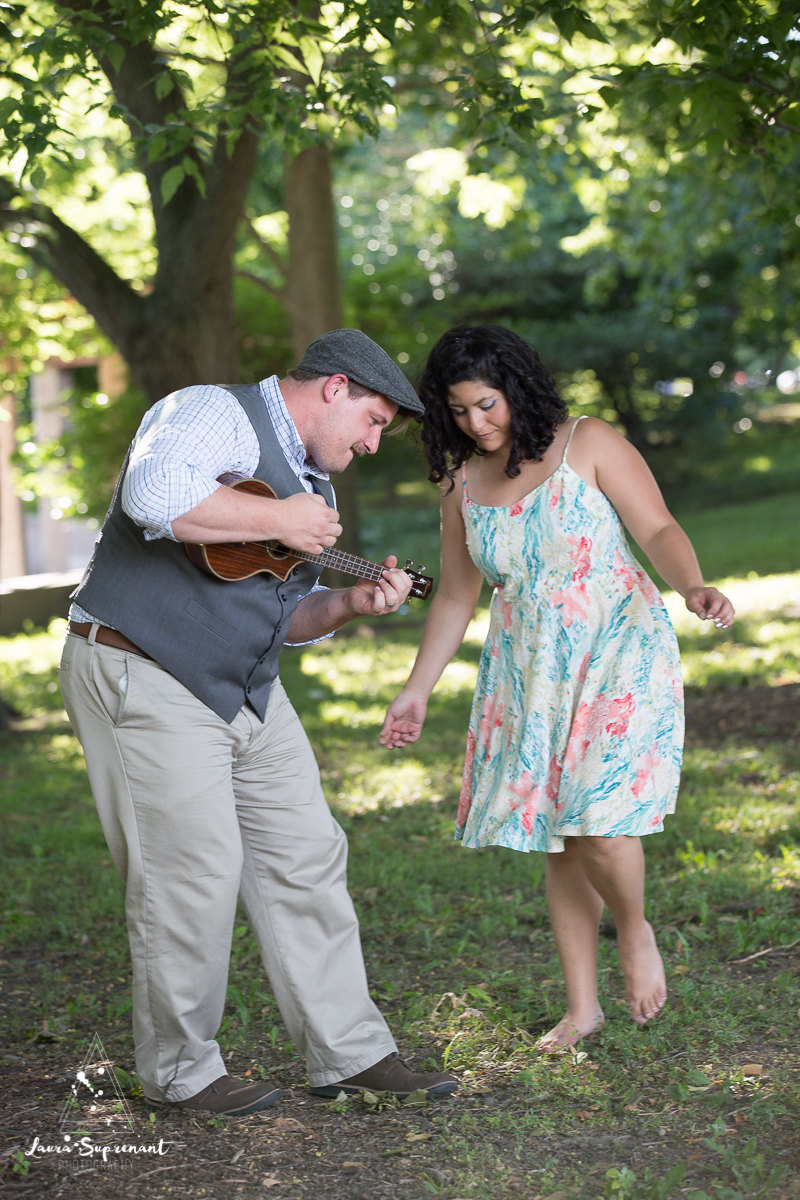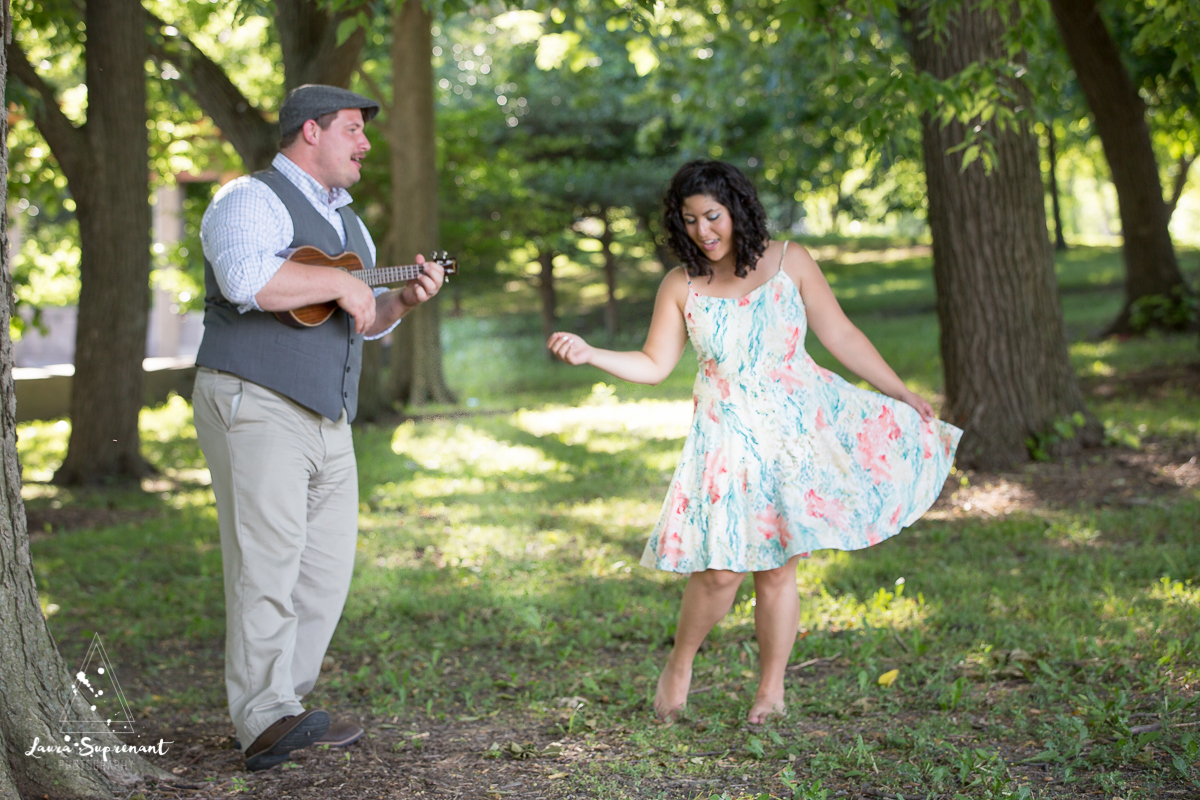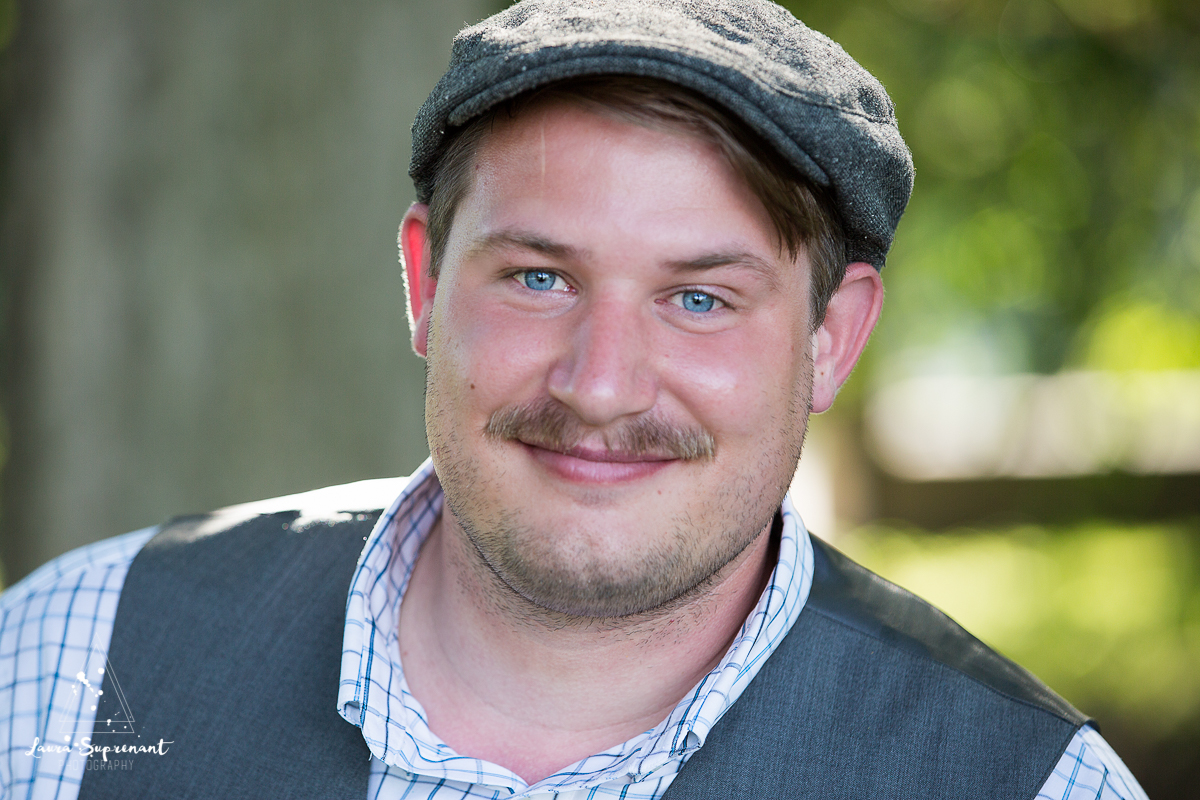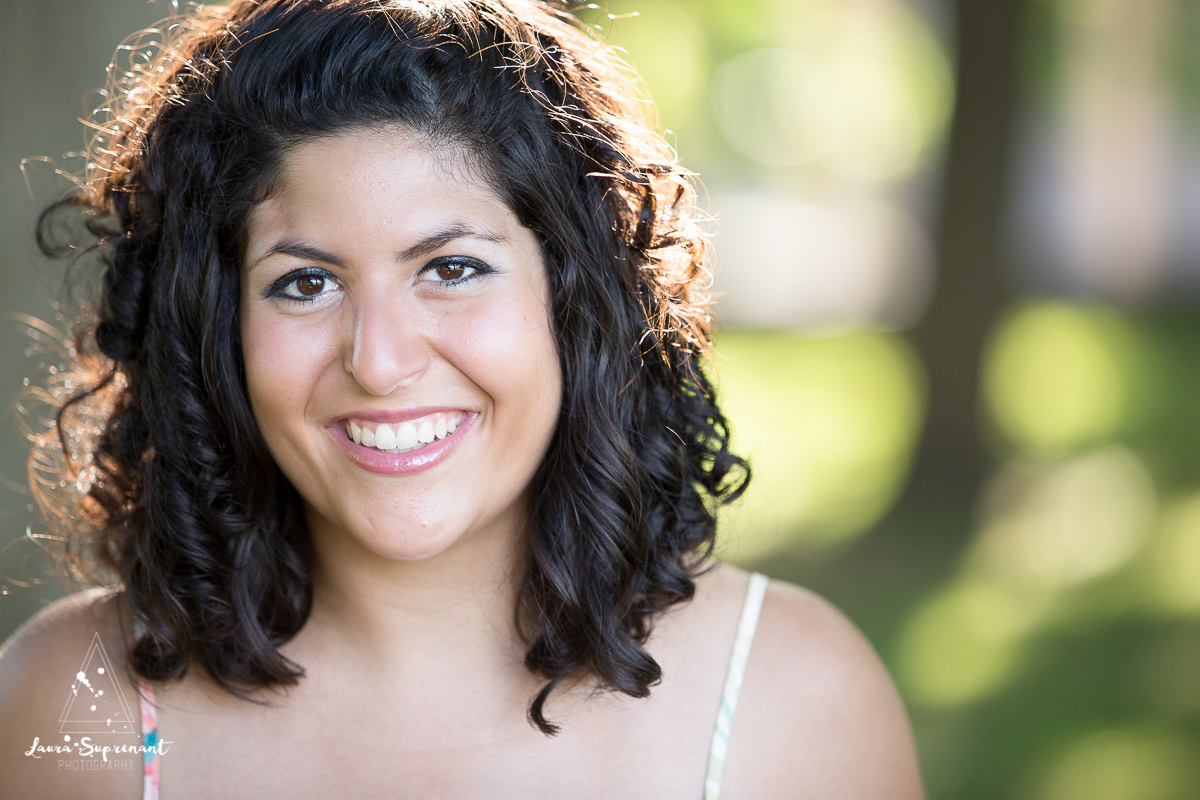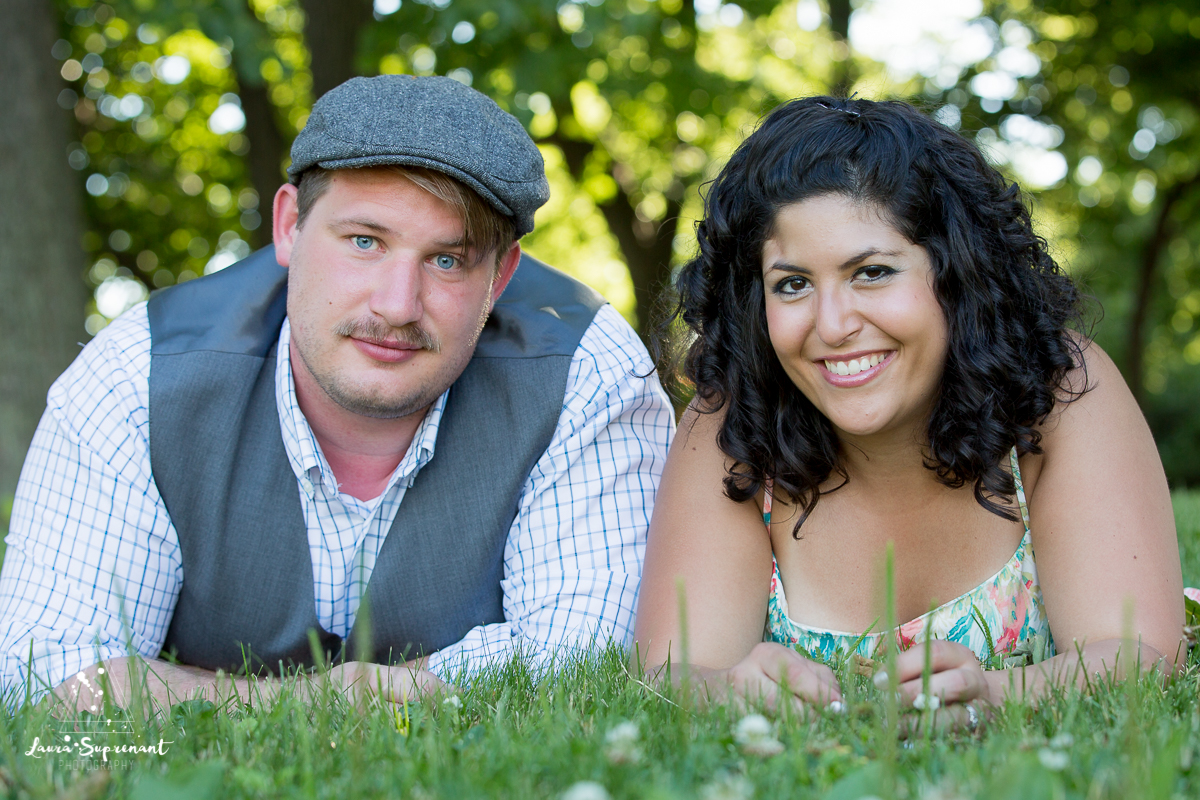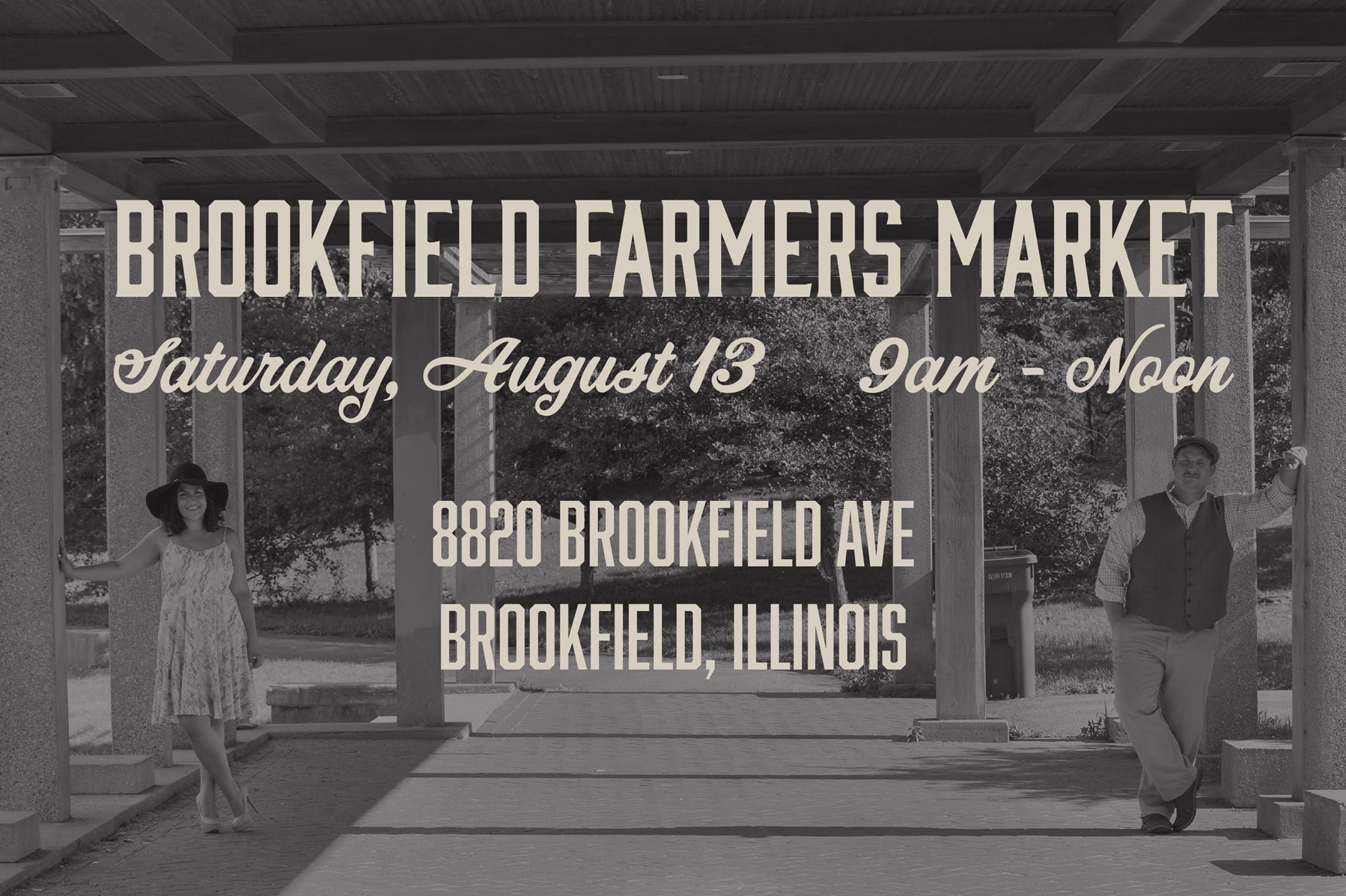Laura: Would you mind sharing a bit about your disability?
Gina: Not at all. A little over a year ago, I had a stroke. So now, I sometimes use a cane, but I’m getting better. I also have high blood pressure, diabetes, and asthma, which can be pretty debilitating at times.
Laura: Have you had asthma your whole life?
Gina: No, I developed it in my 20s from smoke inhalation.
Laura: Was it from being around smokers, or was there something else?
Gina: I was working in a restaurant, and the kitchen ventilation broke. We didn’t realize it right away, and I just started making a weird noise. I didn’t know why until my mom said, "I think you’re having an asthma attack." So we went to the hospital, and sure enough. It’s been years now, and I manage it pretty well. But I cannot be around smoke or even popcorn—popcorn is my biggest trigger. If I go to the movies, my friends have to check the air quality first.
Laura: Wow, that sounds so frustrating. When you do have an asthma attack, do you need to go to the hospital, or do you manage it at home?
Gina: I have a nebulizer and rescue inhalers. These days, I rarely need medical help because I know how to handle it.
Laura: That’s good. So, what do you like to do for fun?
Gina: My favorite things are reading and traveling. Most of my siblings live in Columbus, Ohio, so I love visiting and spending time with them.
Laura: Has using a cane affected your ability to travel?
Gina: Not really. In fact, I think people are kinder when they see the cane. I get a lot of "Do you want to sit here?" and "Are you okay?" I’m very independent, but I do think people are more considerate.
Laura: I’ve noticed that when I use a mobility aid, too. People suddenly see you more.
Gina: Exactly. They want to help, they want to make sure you’re okay.
Laura: Do you have a favorite travel destination?
Gina: Jamaica. I’d love to go back.
Laura: I hear it’s beautiful.
Gina: It is. The people, the island—it was all just wonderful.
Laura: How long were you there?
Gina: A week.
Laura: What motivates or inspires you?
Gina: I think it comes from the way I was raised. My parents and grandparents always said, "Just keep trying, keep pushing. Whatever you do, do it with excellence." And being a Black woman, plus always being a big girl, my mom used to say, "You have to do better because people will judge you differently." That stuck with me. I also wake up every day and pray, "Let me be a blessing to someone today." That’s what keeps me going—knowing that people depend on me. I have the biggest team here, and I can’t fall apart because they need me.
Laura: You have quite the leadership role here. It sounds like your upbringing prepared you for it. Are you from Michigan originally?
Gina: Yep, born and raised. I live in the house I grew up in, just outside of Flint in Mount Morris. But I’m from Flint, went to Beecher High School. Have you heard of it?
Laura: I’m from Chicago, so I know Beecher, Illinois, but not Beecher High.
Gina: It’s a close-knit community. I was at a meeting this week, and when someone heard I was from Beecher, she said, "Bucks for life!" That’s what we always say.
Laura: That’s awesome. I really liked the people I grew up with, but everyone went their separate ways after high school. Do a lot of the people you grew up with still live in the area?
Gina: Yeah, a lot of us came back.
Laura: That says a lot about the place. How did you end up working at the Disability Network?
Gina: I used to work at Michigan Rehabilitation Services as a job developer, teaching job skills classes. Luke, my boss now, used to come to meetings there. One day, he sat in on one of my classes, and afterward, he came up to me and said, "I need you to come work for me." And that’s how I got here.
Laura: Do you miss teaching classes?
Gina: No.
Laura: Haha, fair. Do you feel like leadership is where you thrive?
Gina: Yeah. I’m a take-charge kind of person. I don’t know if that’s good or bad, but it’s who I am.
Laura: I think people need that. So, you mentioned you love reading. What do you like to read?
Gina: Urban fantasy is my favorite genre. I also love mysteries.
Laura: Me too—I love a good page-turner.
Gina: And I love book series. I like getting to know the characters and staying involved in their world.
Laura: Any recommendations?
Gina: The October Daye series by Seanan McGuire. It’s urban fantasy and one of my favorites.
Laura: I’ll have to check it out. I’m in a book club, and we’re always looking for new reads. Do you take turns picking books in yours?
Gina: Yeah. There are about 10 of us.
Laura: Mine is four people, and usually only two of us have read the book. It’s more of a social thing for some.
Gina: We do ours on Zoom most of the time since some members live in Detroit and out of state. But I love when we meet at the library.
Laura: Have you ever organized your books by color?
Gina: No, but I love how that looks. I don’t like giving books away! My uncle always says, "Why don’t you stack them up and put a mattress on top?"
Laura: Haha, they’re treasures!
Gina: Exactly. I used to manage a bookstore, and it was the best job.
Laura: Would you ever go back to that?
Gina: If it paid enough, yeah. But, you know, retail. I worked in women’s fashion for over 20 years too. I just stopped four years ago. I always had two jobs.
Laura: Wow. So, you like to stay busy?
Gina: Yeah. I’m single, no kids, so work gives me focus. But I am a dog mom.
Laura: What kind of dog?
Gina: A dachshund-shih tzu mix. My other dachshund passed away about a month and a half ago—she was 15. I have a picture of her in my office.
Laura: I’m sorry.
Gina: She was beautiful and so sweet. Her name was TeeTee. My new dog, Rocky, is the opposite—he barks all the time.
Laura: Final question—what change would you like to see for disabled people in the future?
Gina: I want people to see our abilities, not just our disabilities. Don’t see my cane—see me.
Laura: Seeing the whole person.
Gina: Exactly. And I want disabled people to see themselves that way too.
Laura: That’s a powerful message.
Gina: Nikki Giovanni said, "I hope that when I die, I am warmed by the life I tried to live." That’s my favorite quote.
Laura: That’s beautiful.

